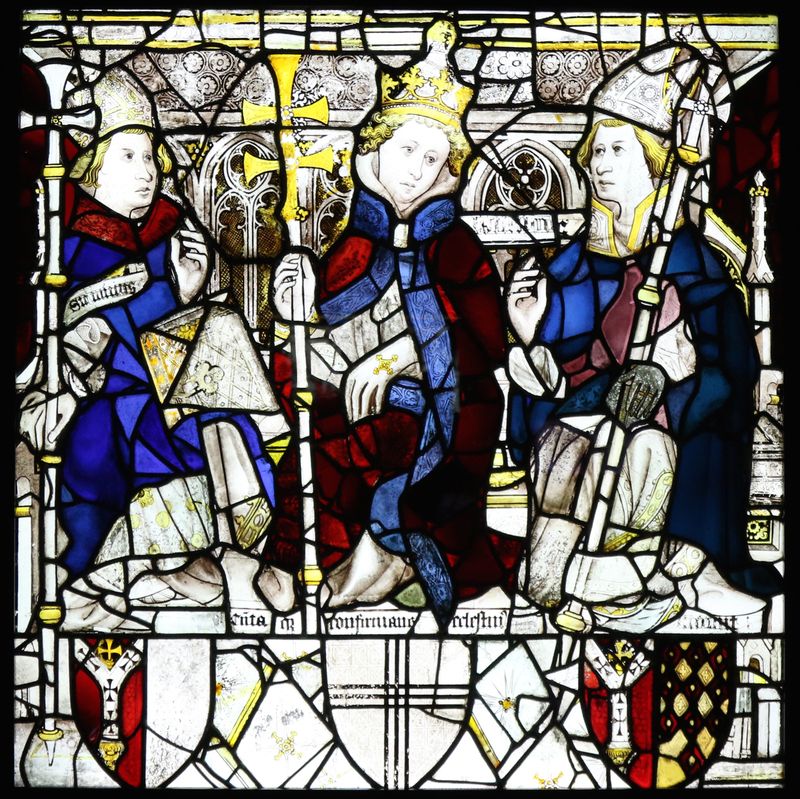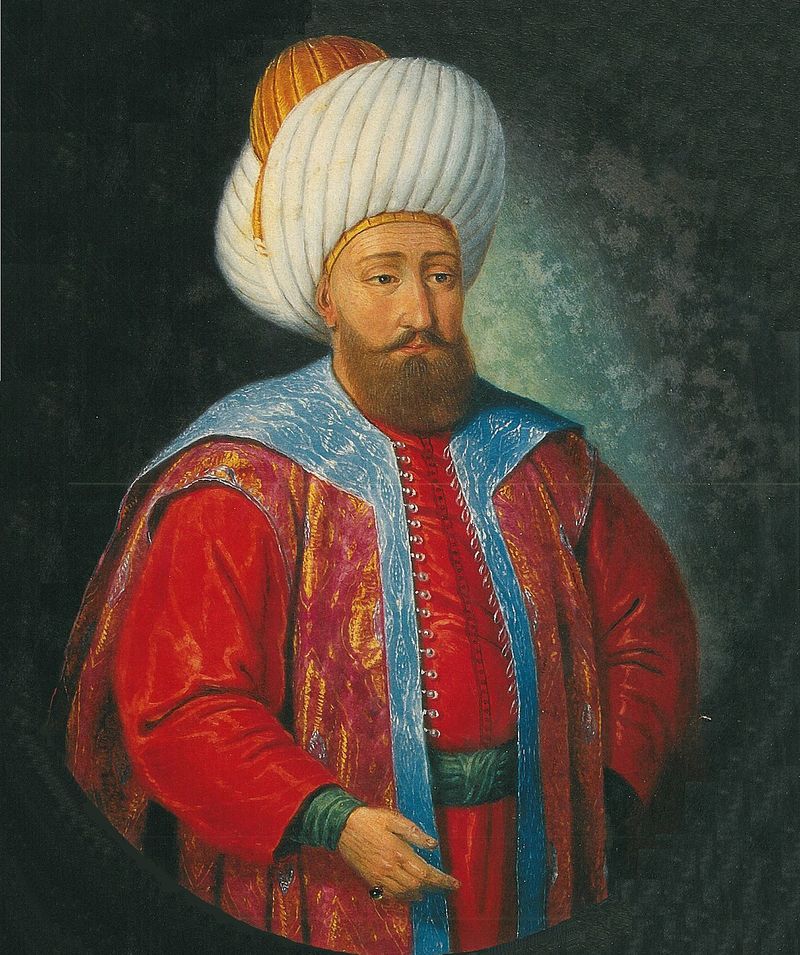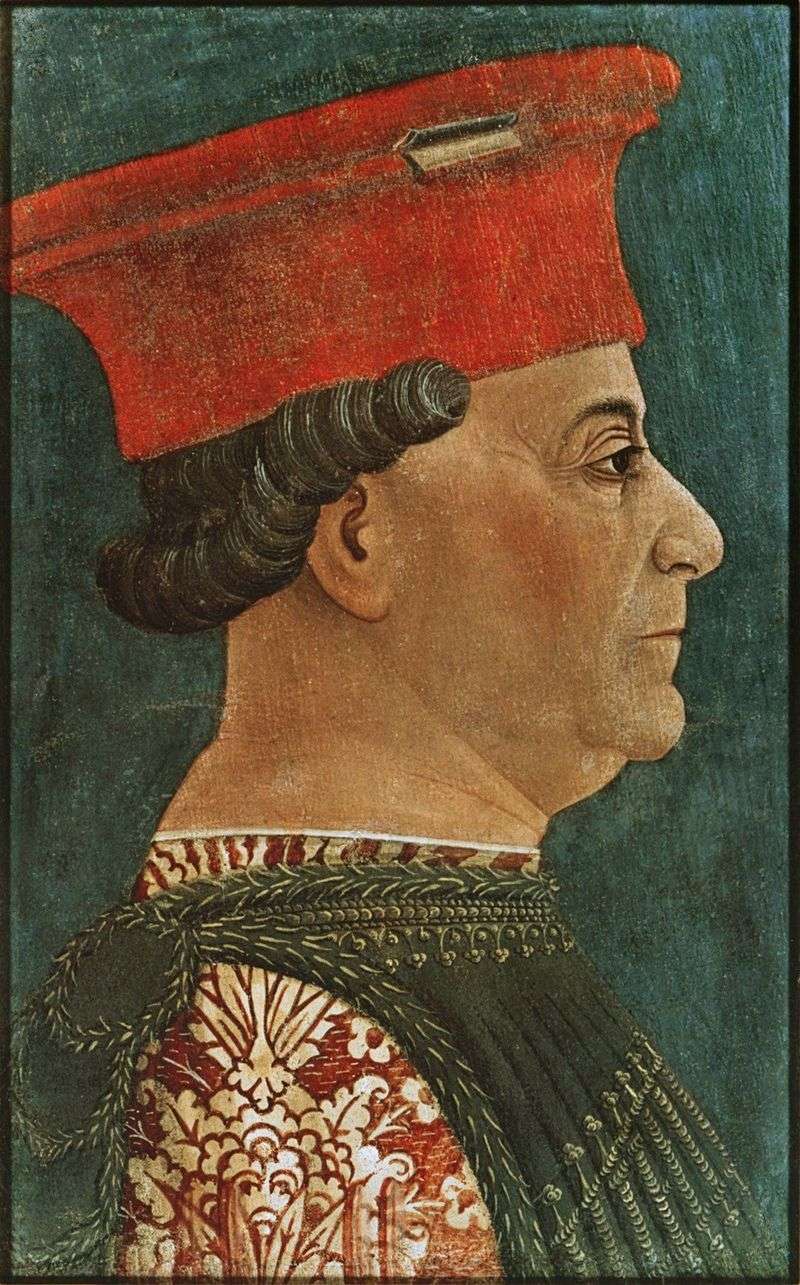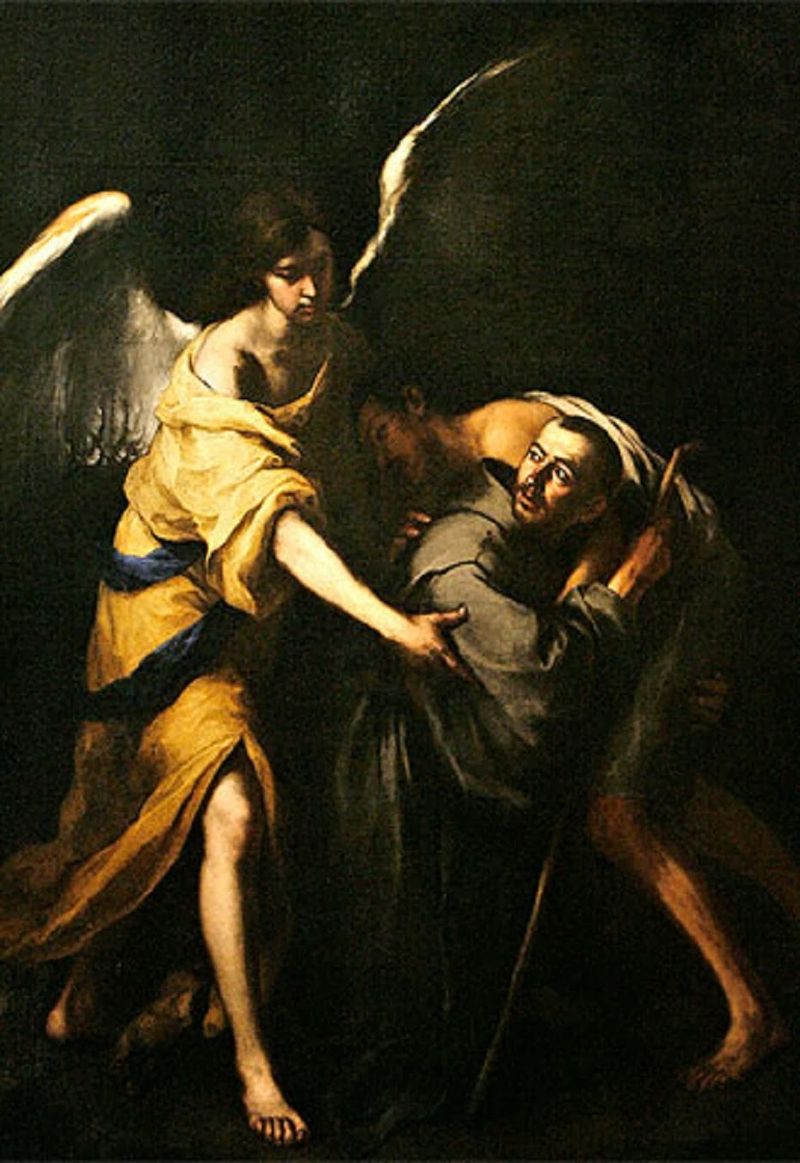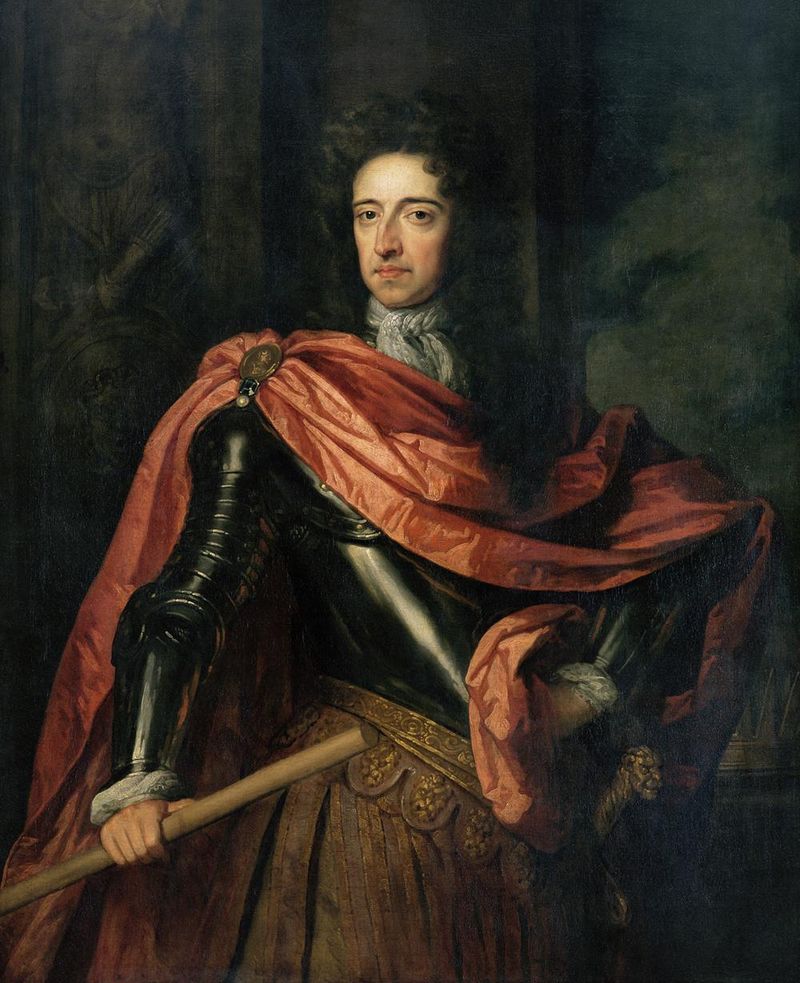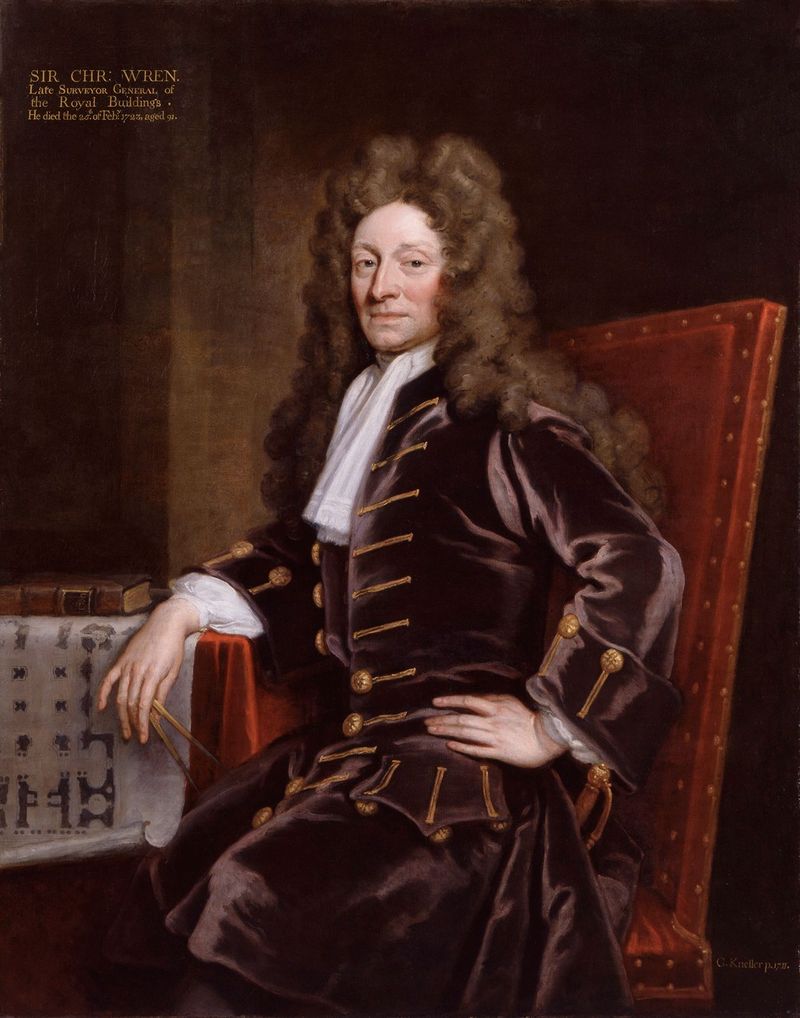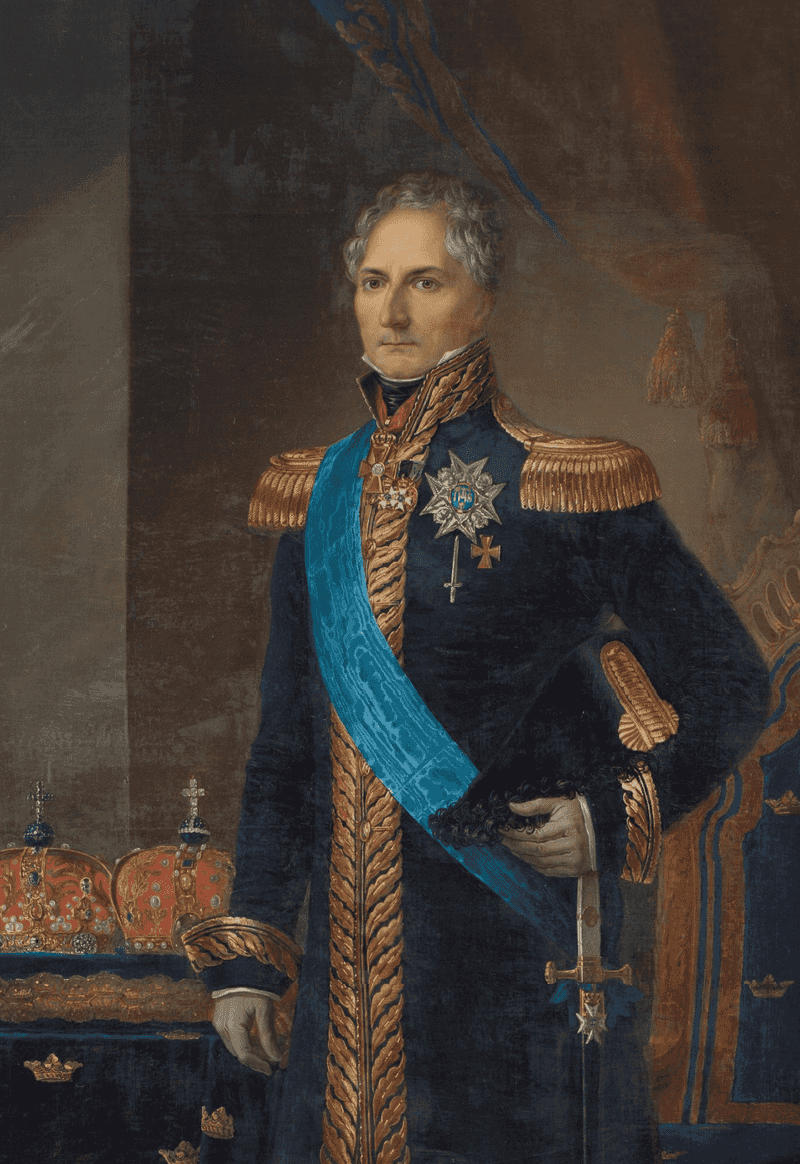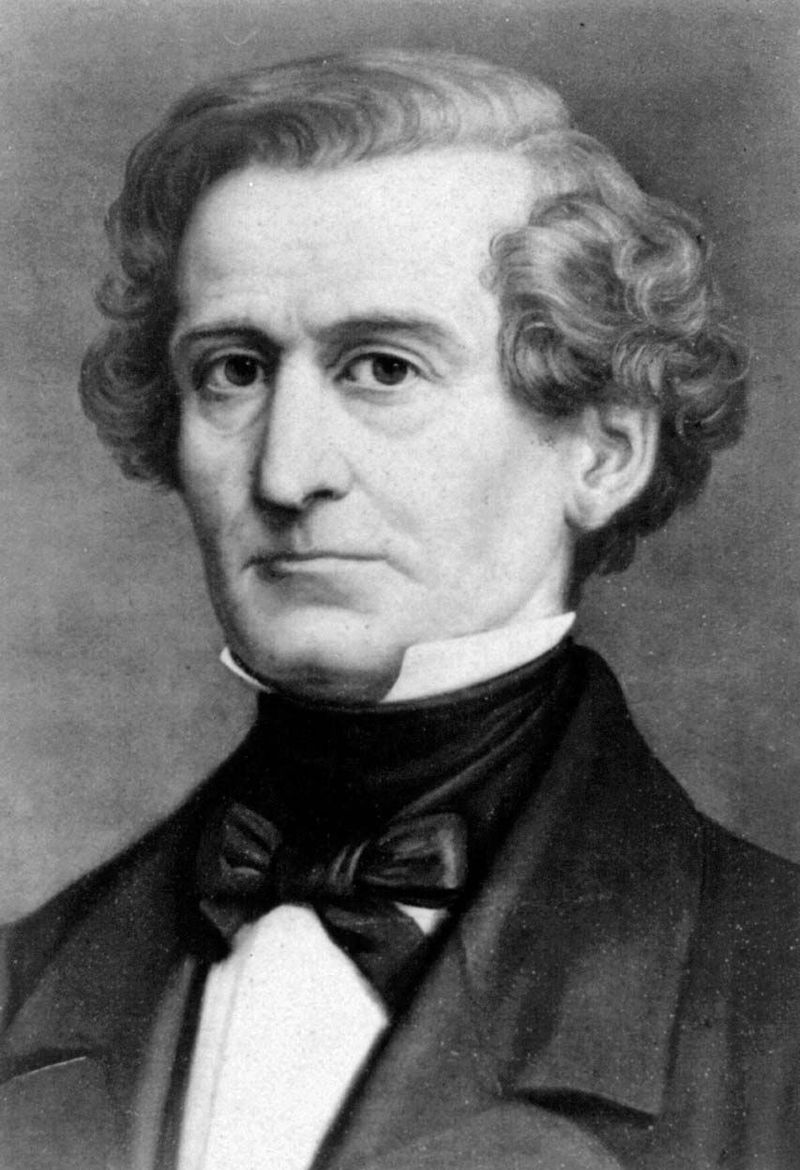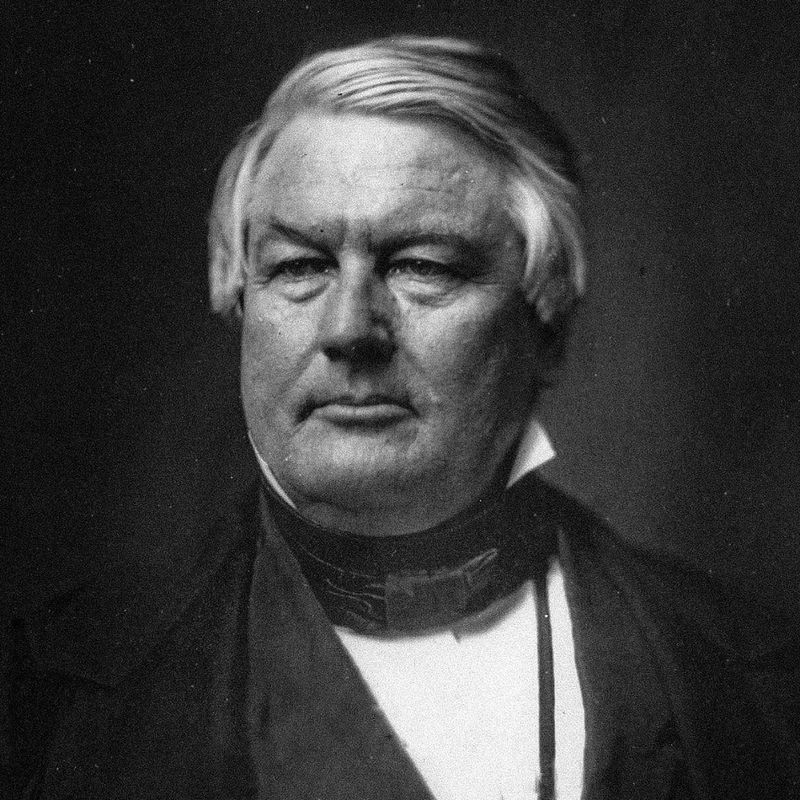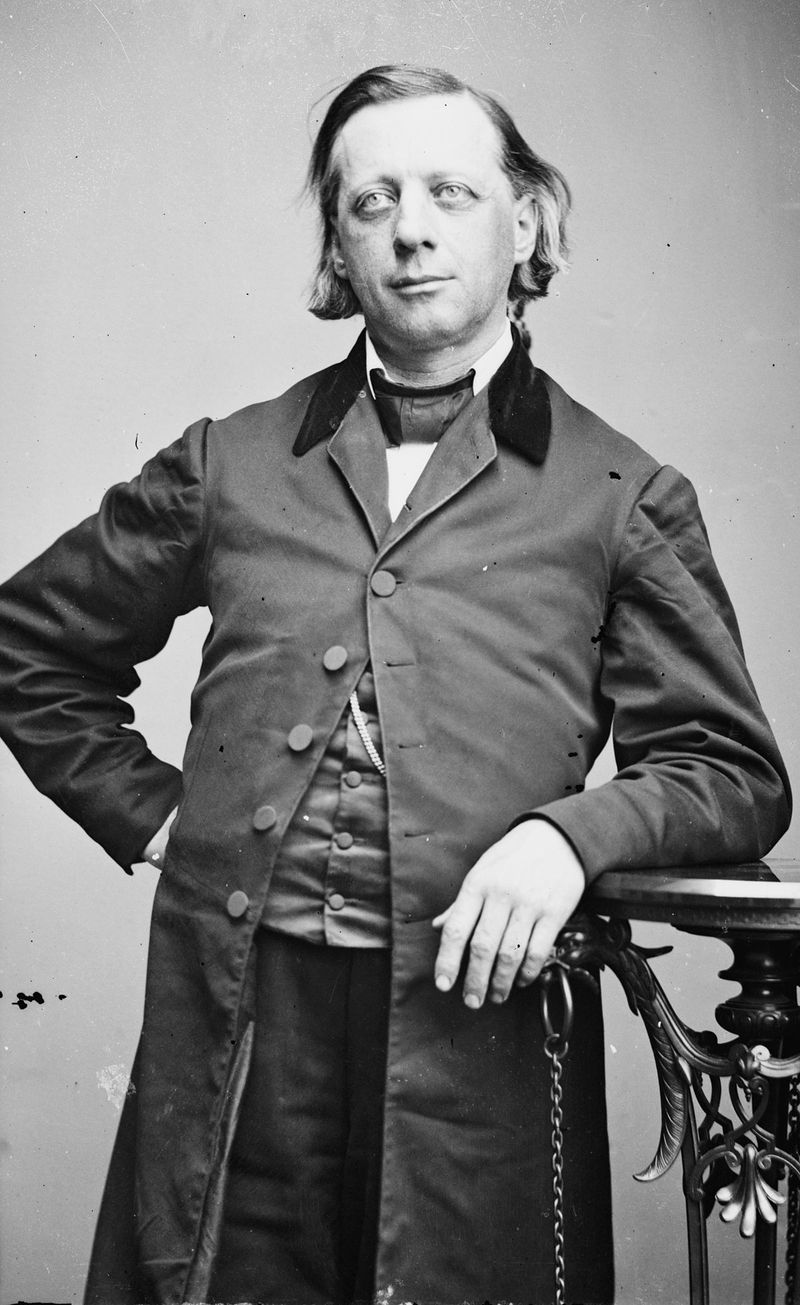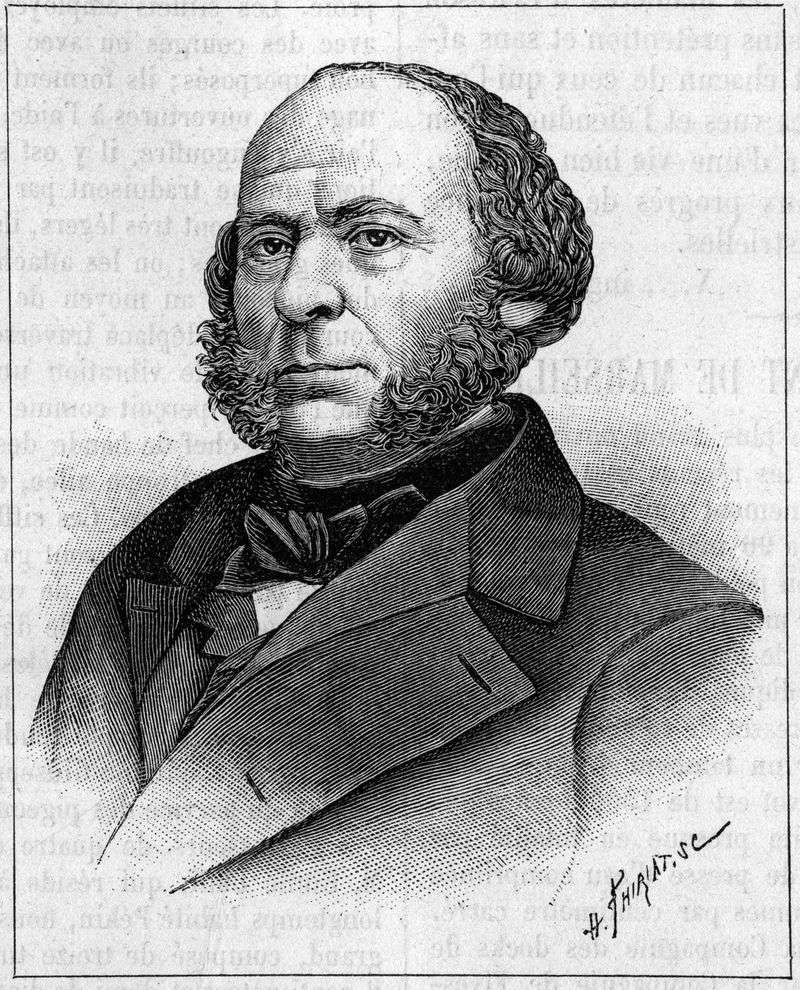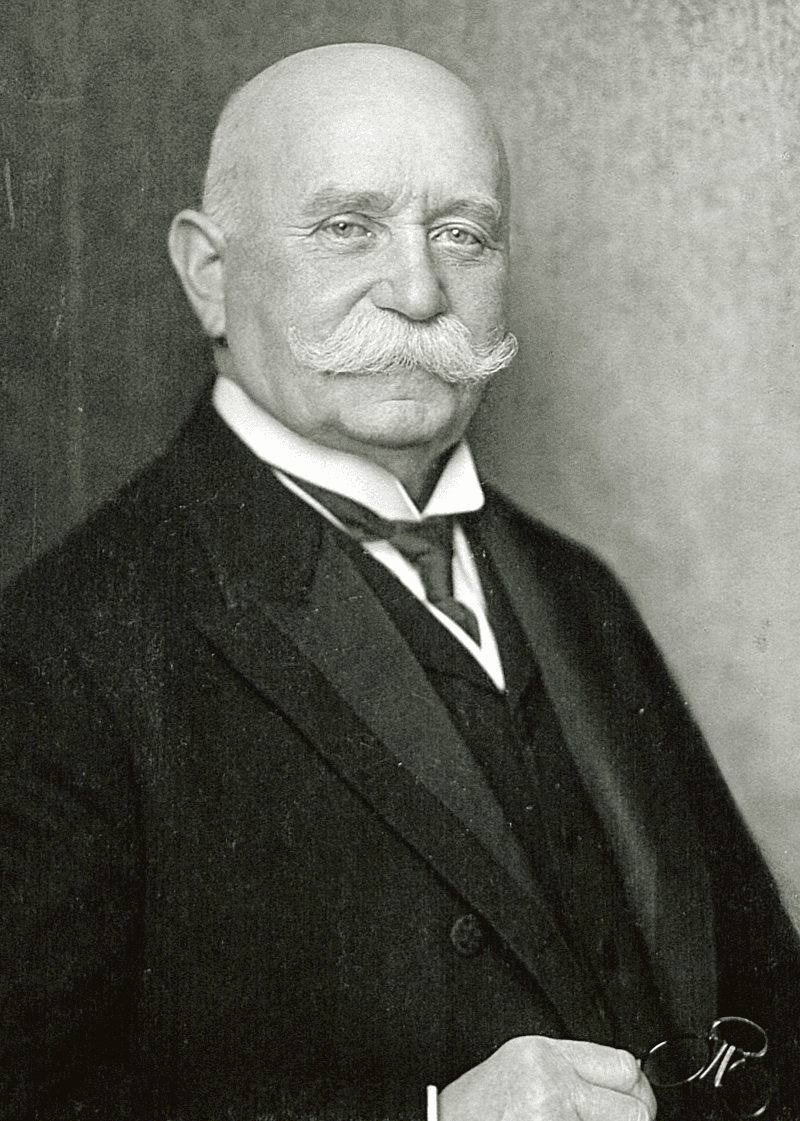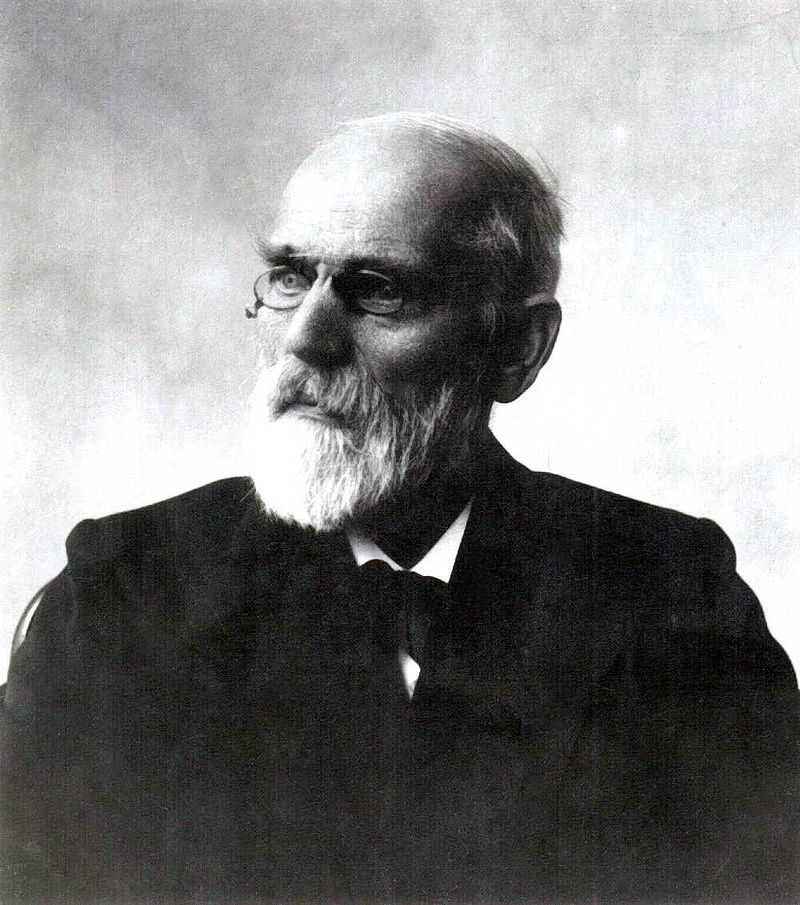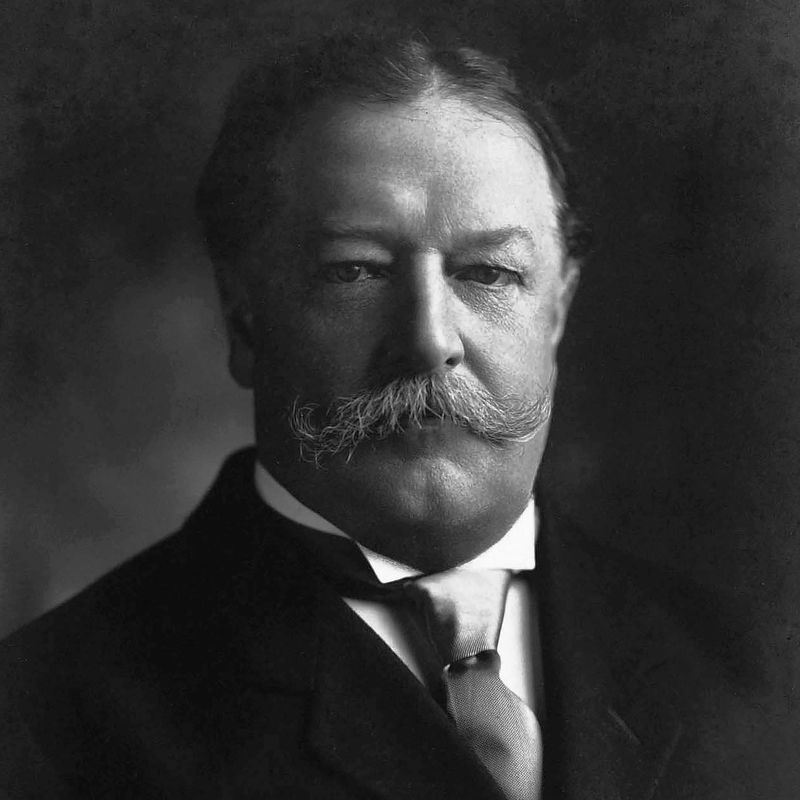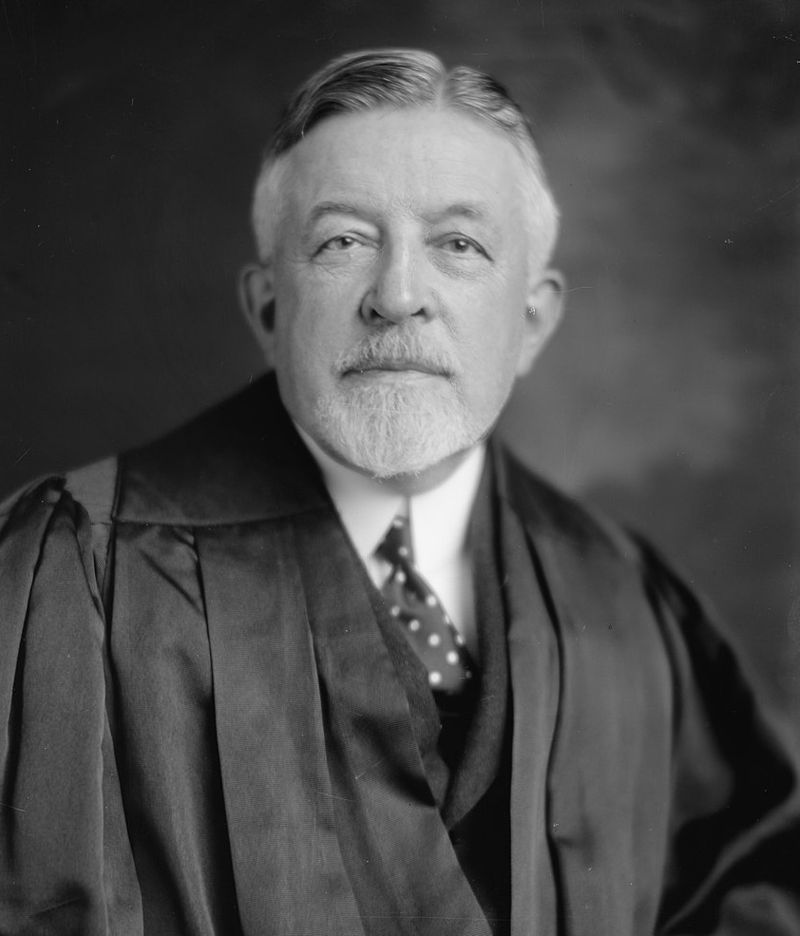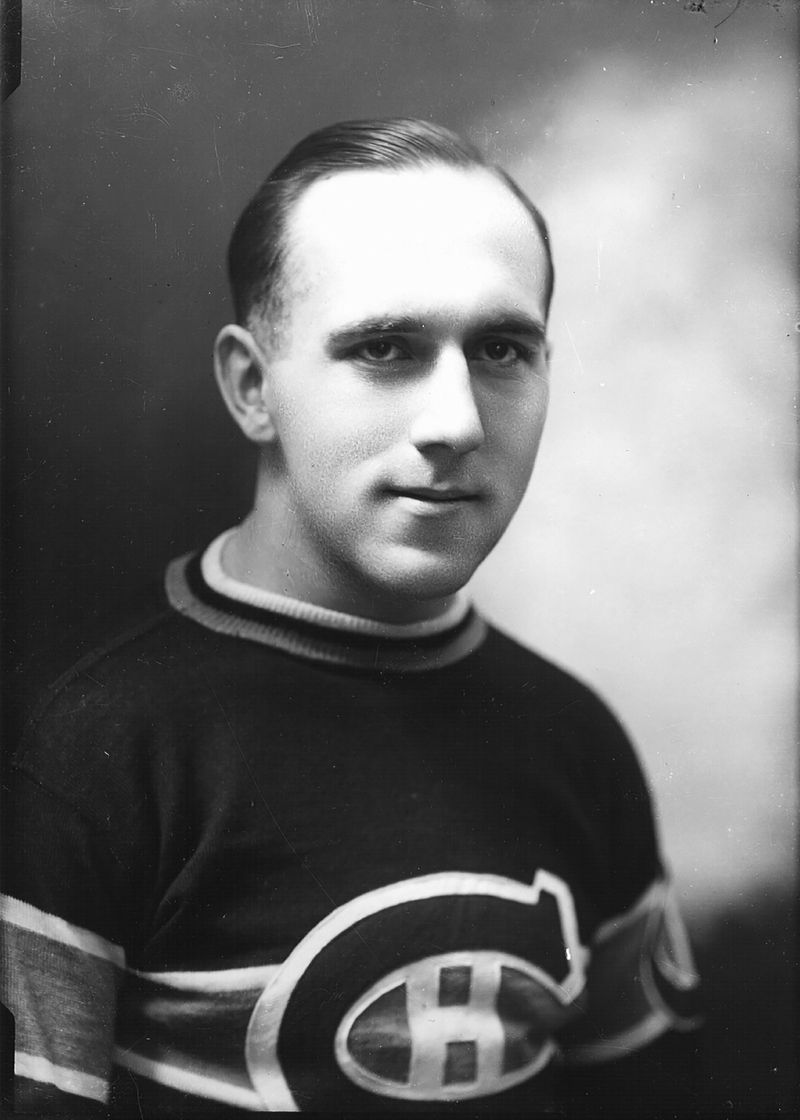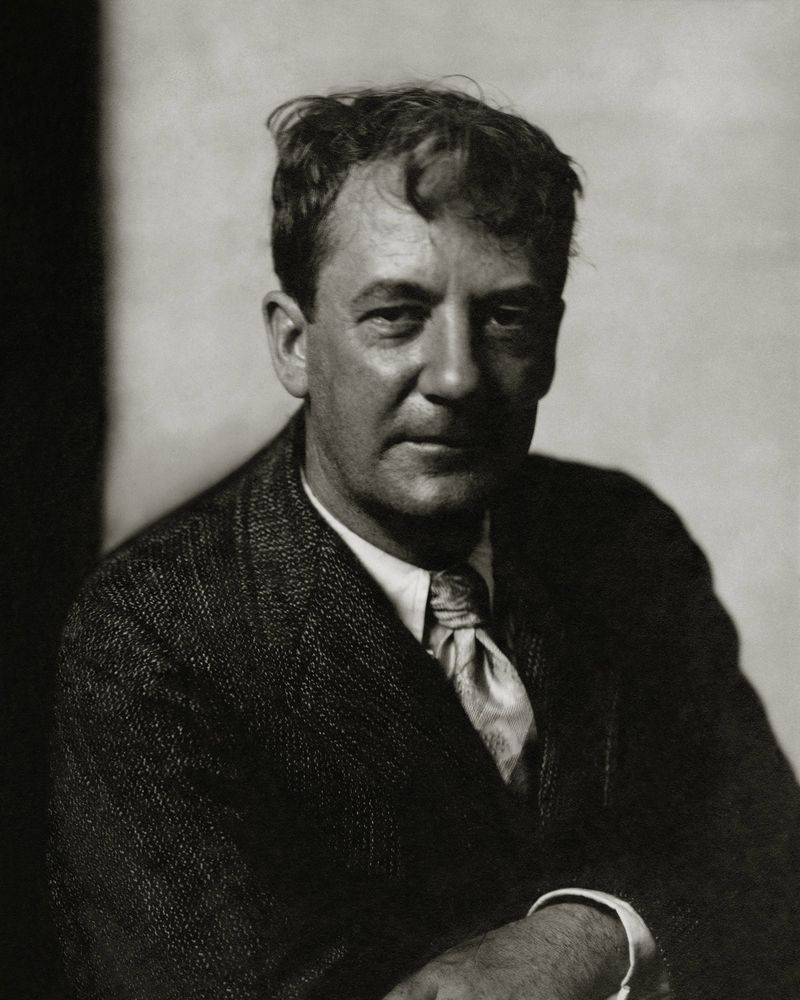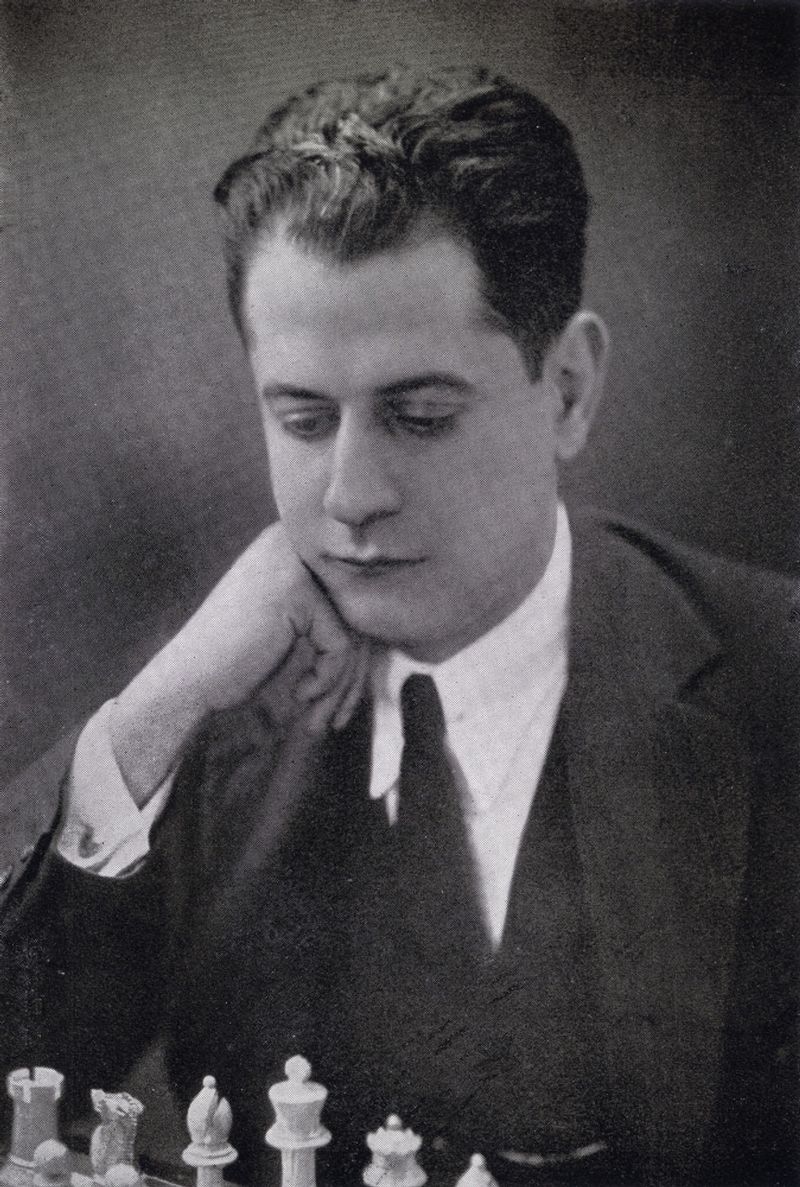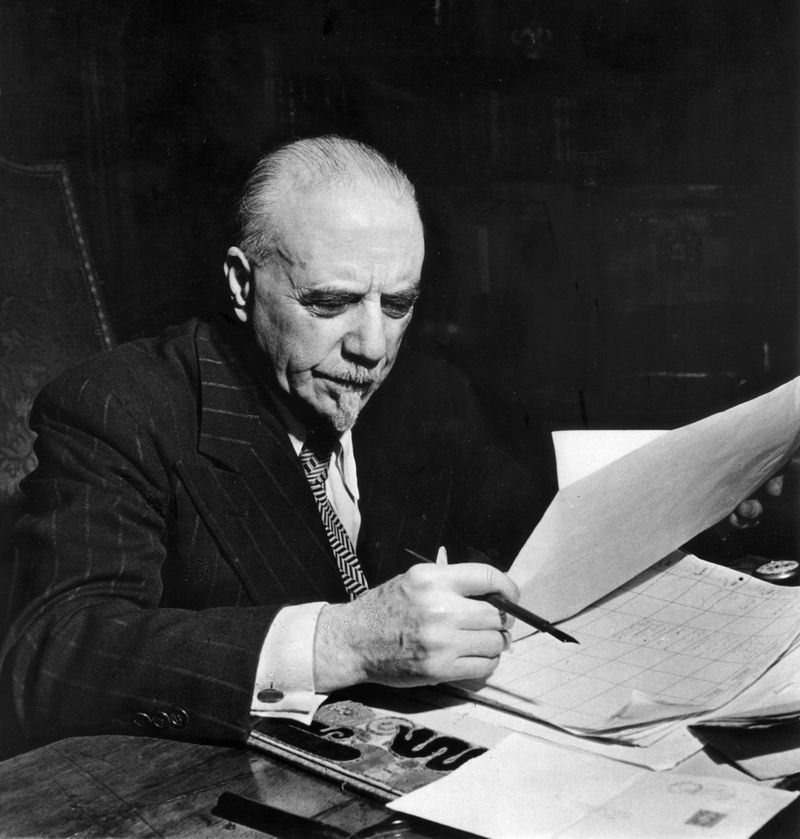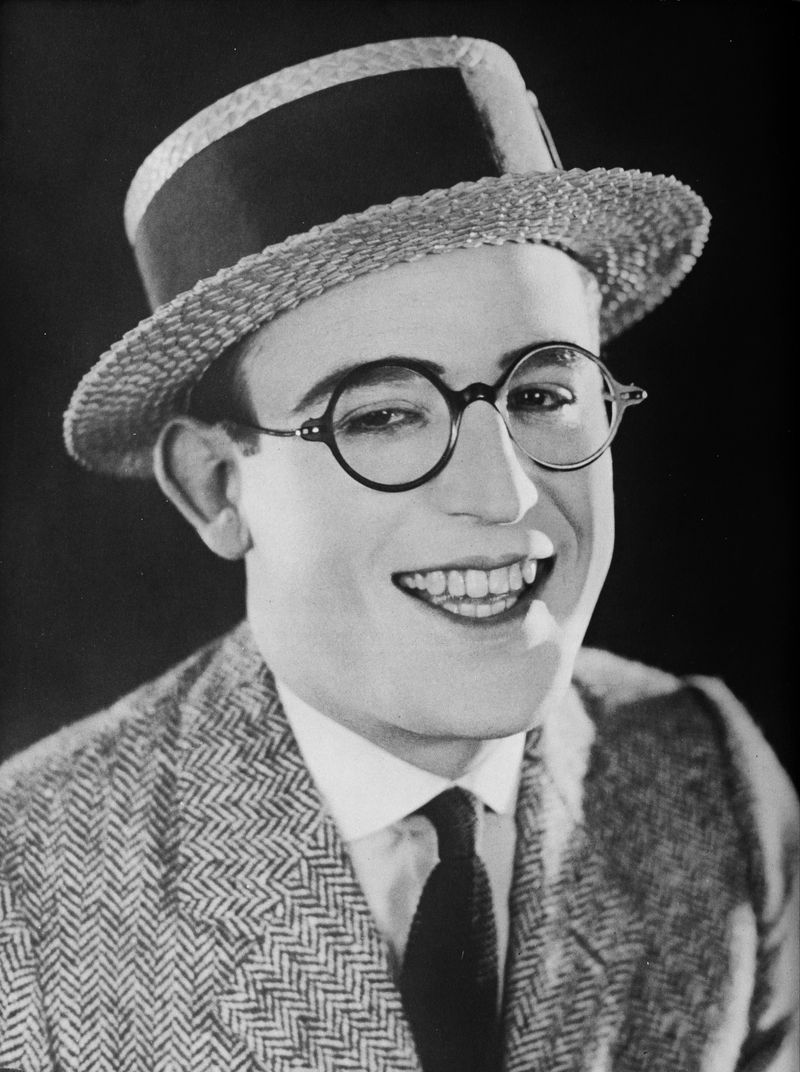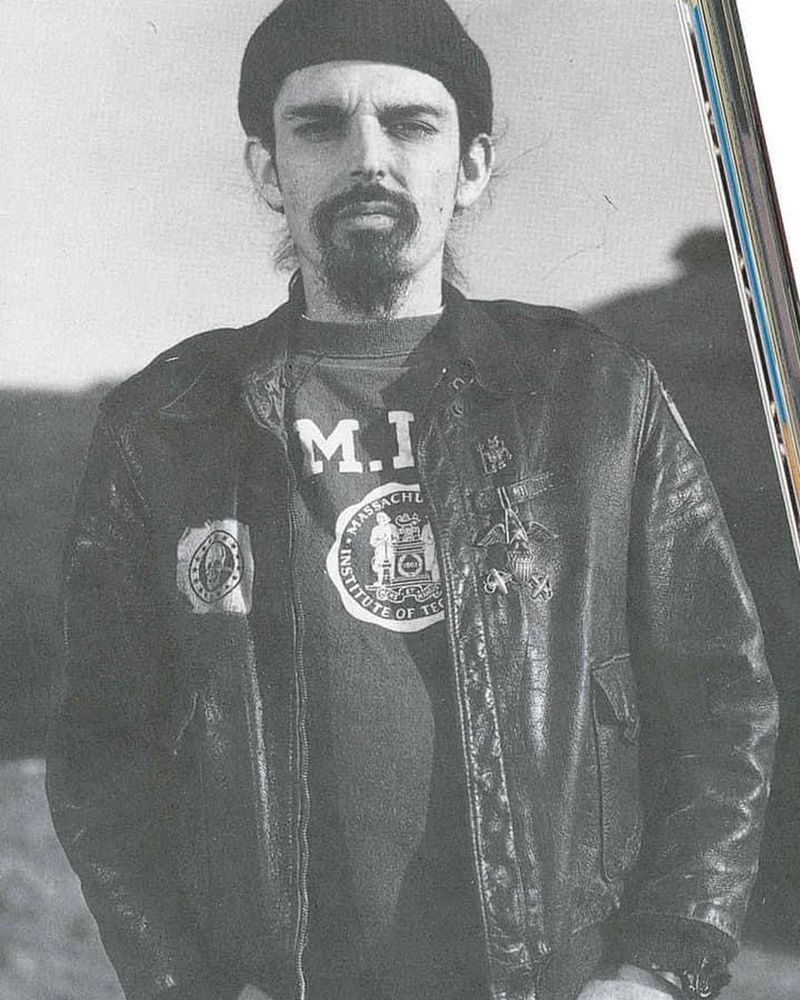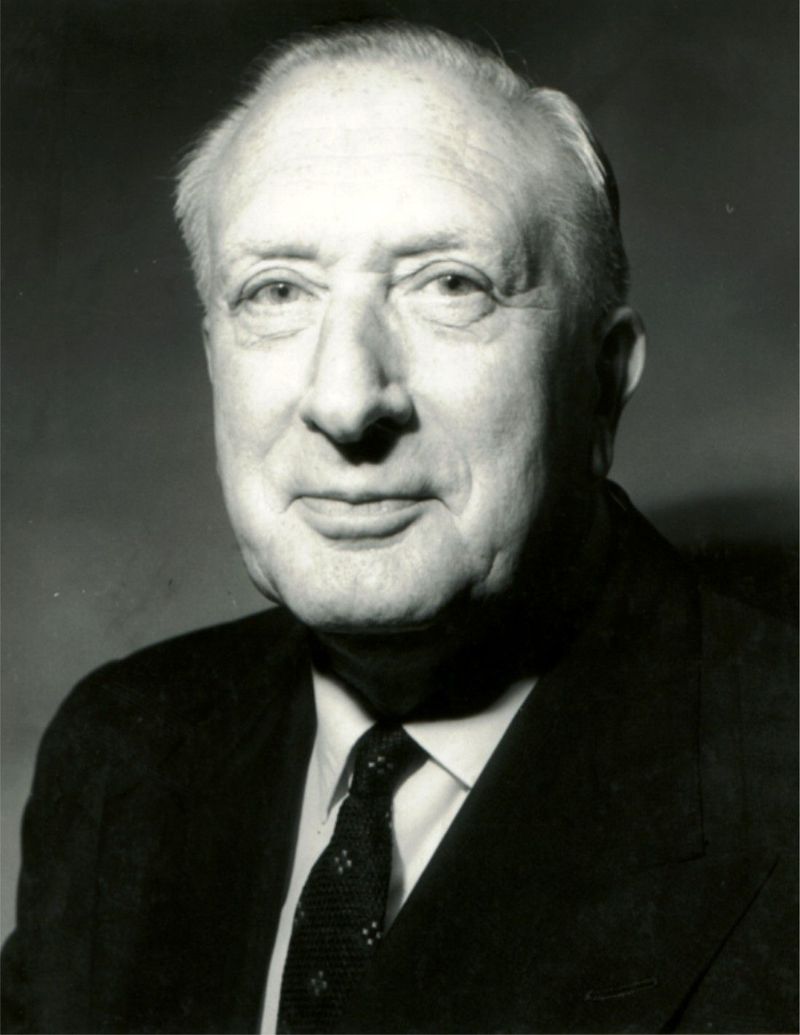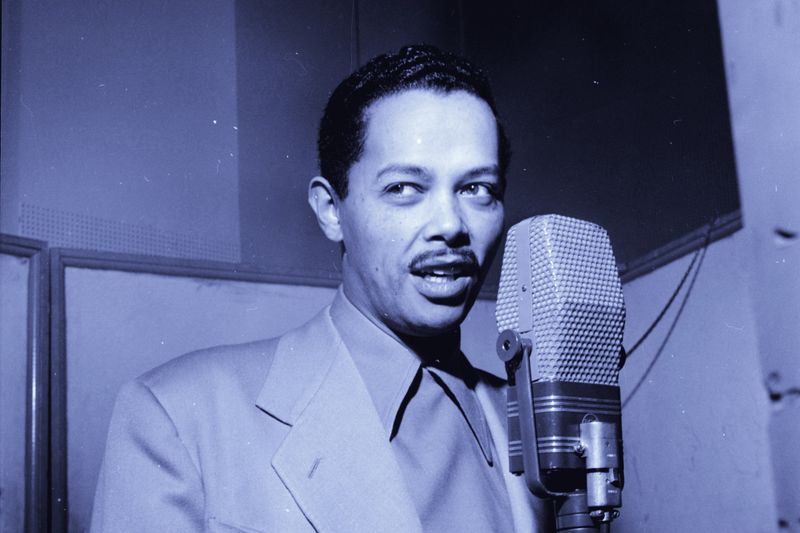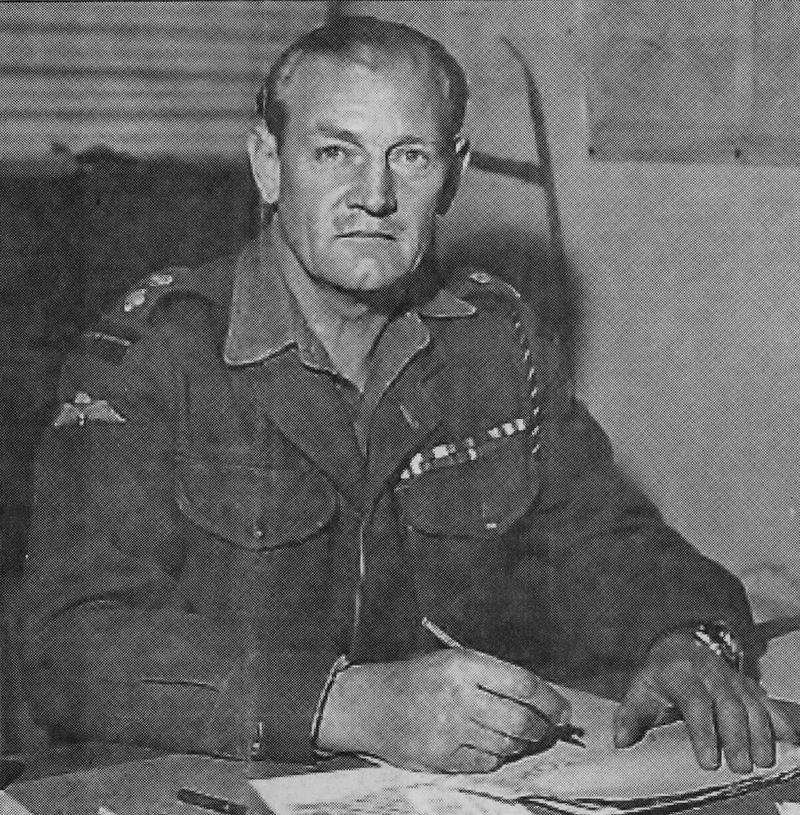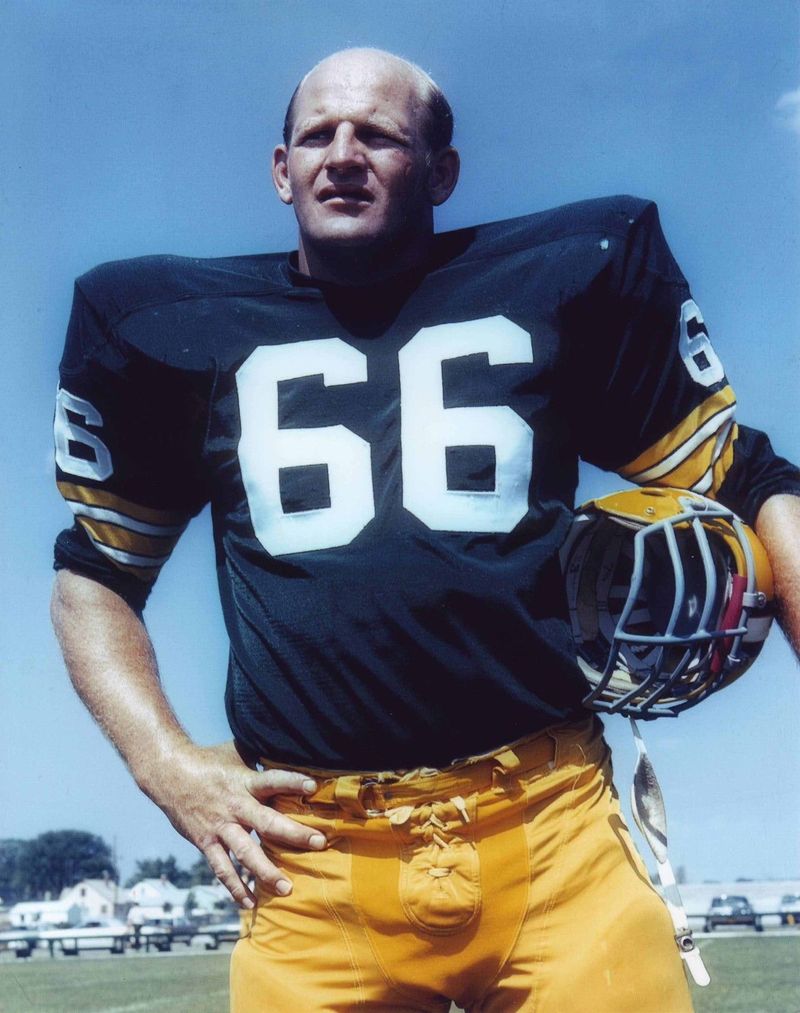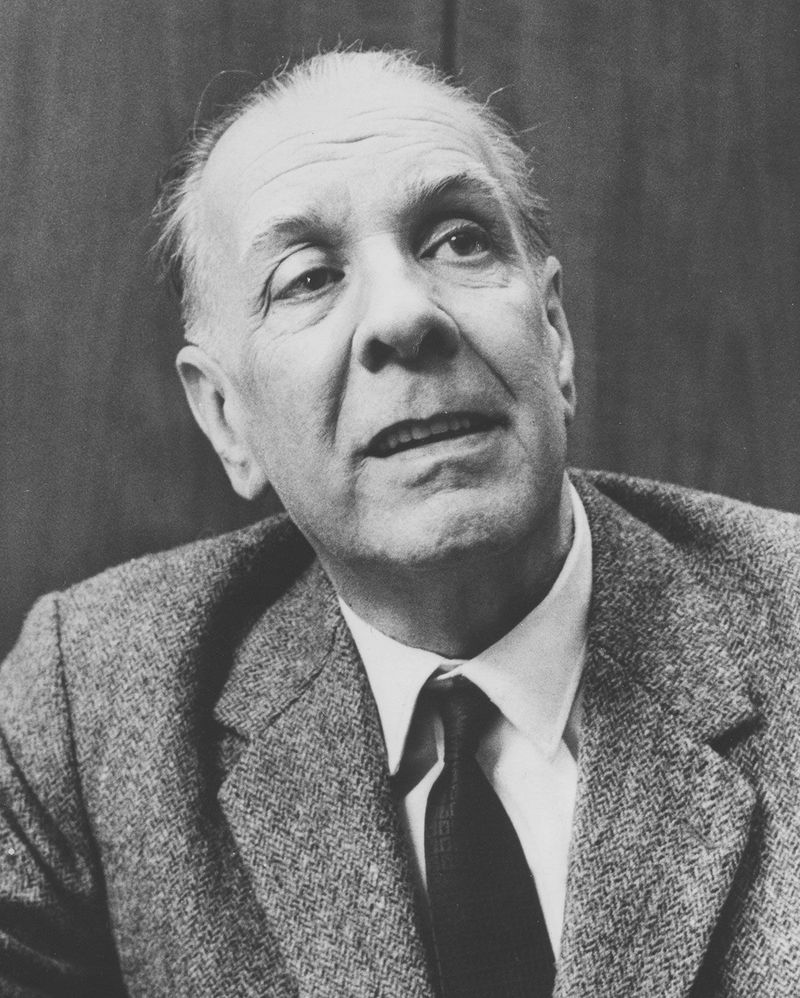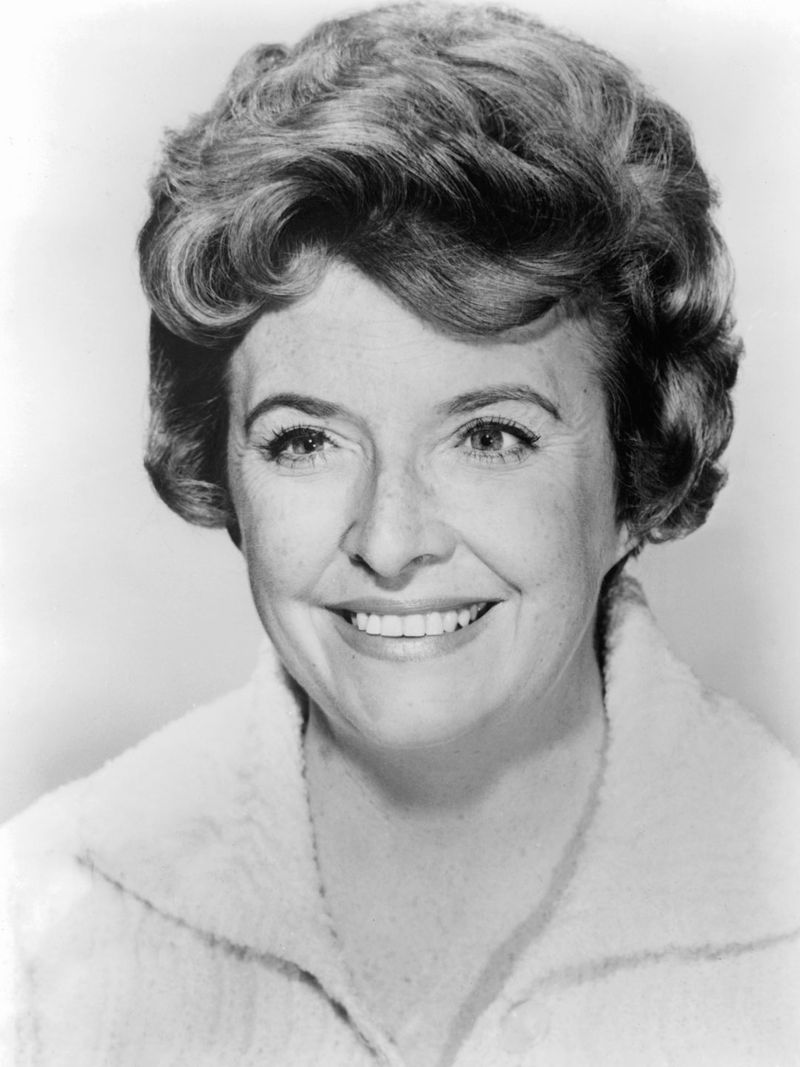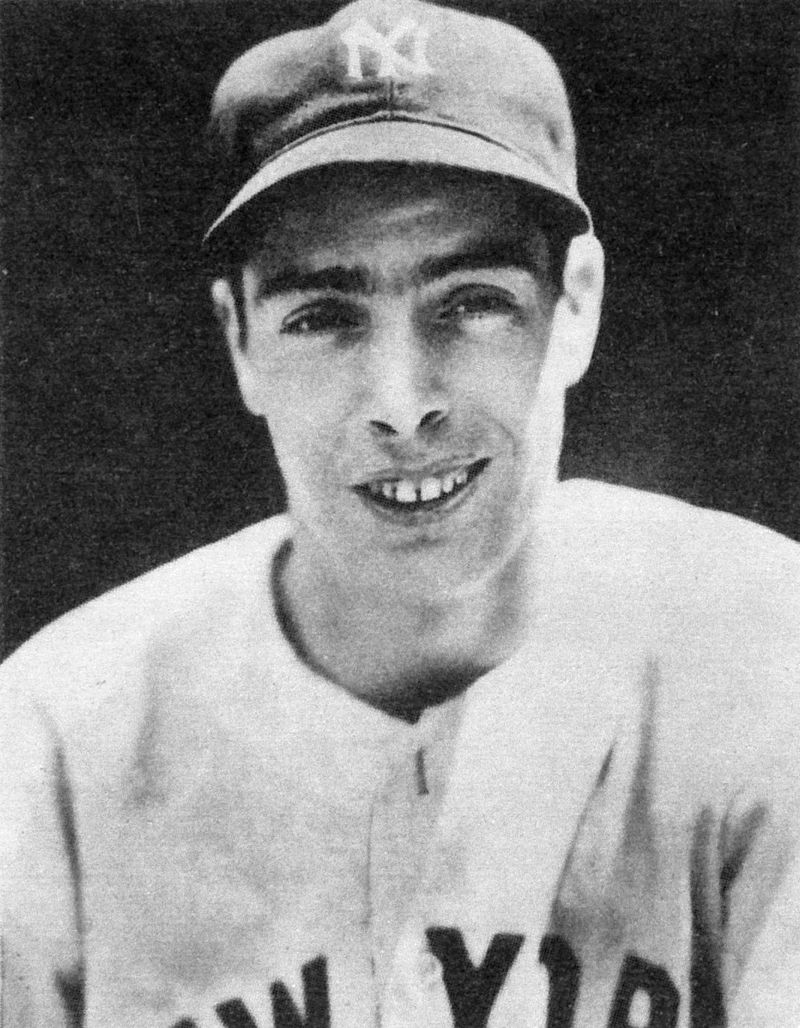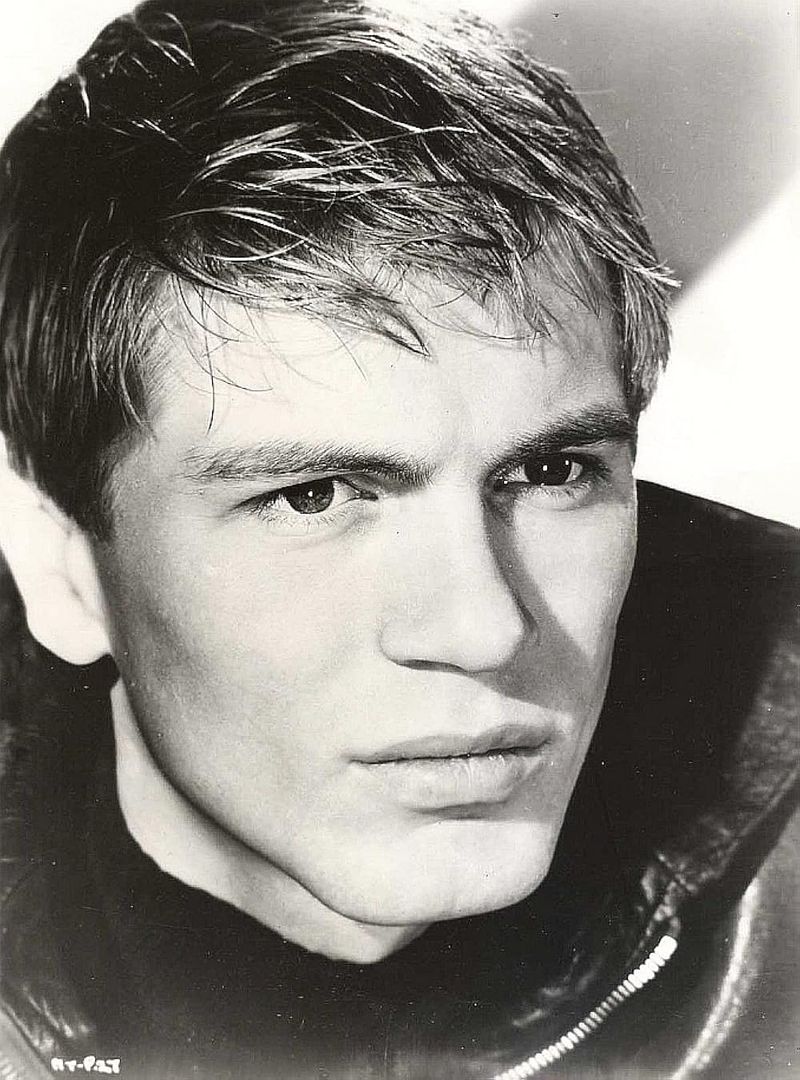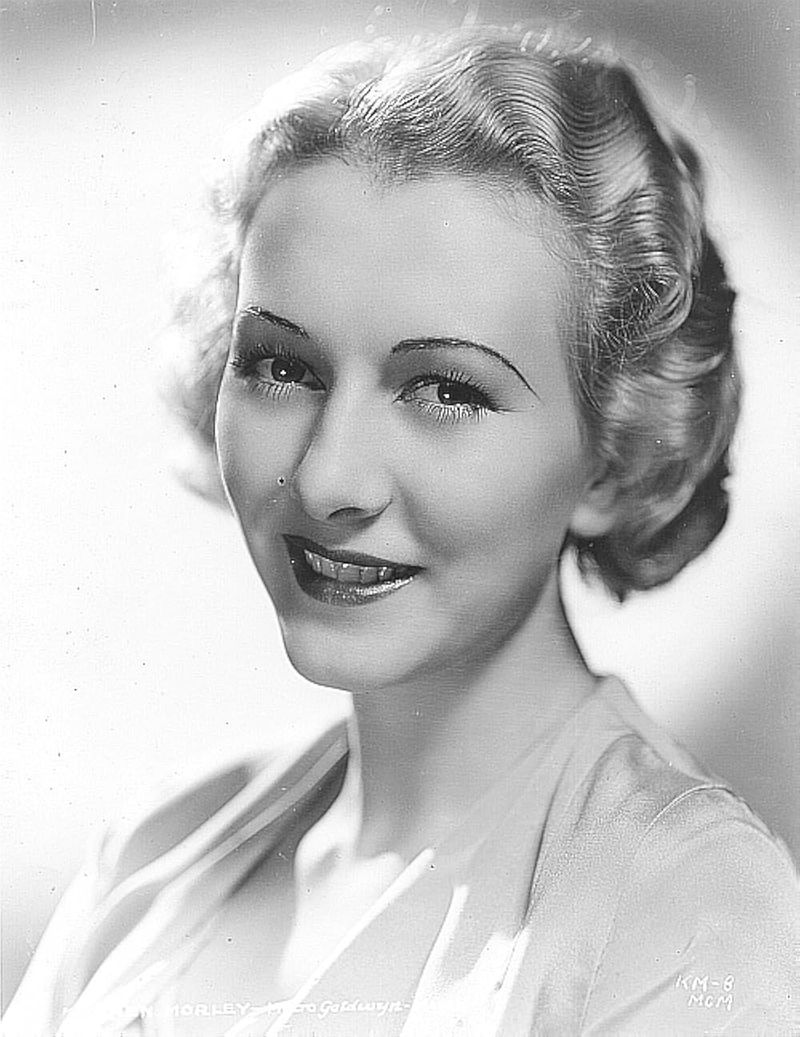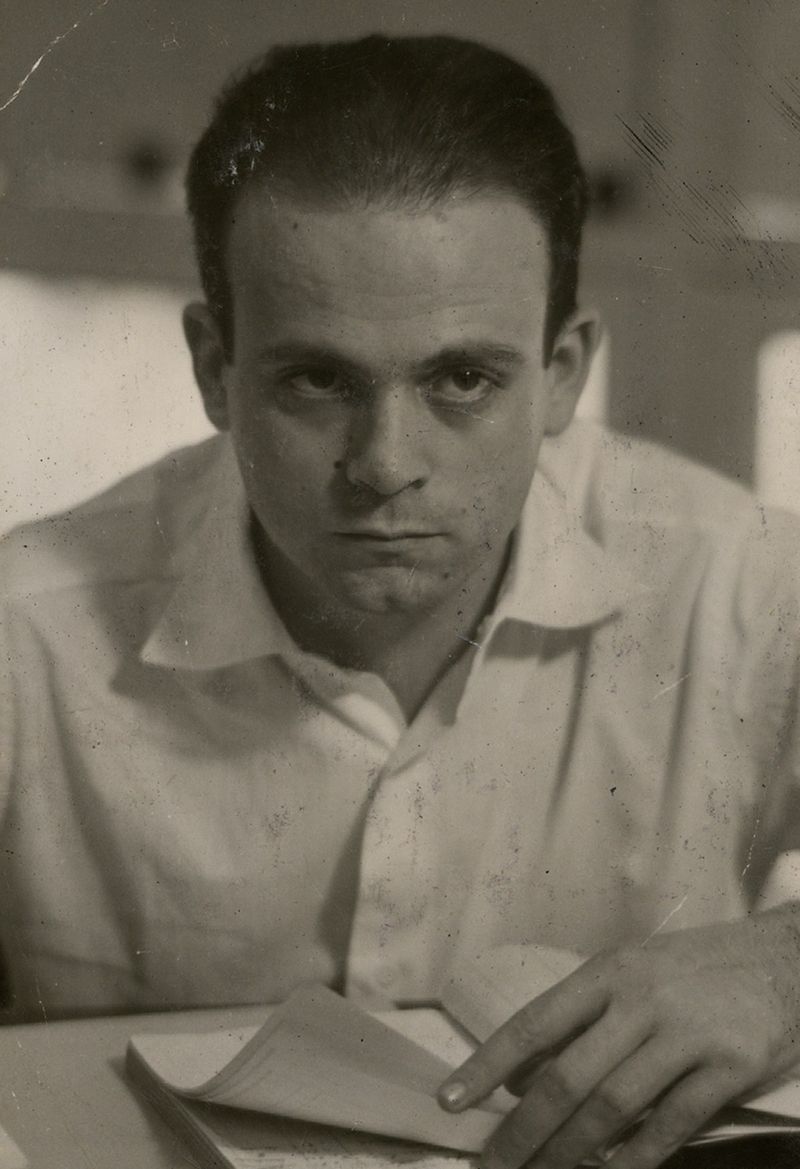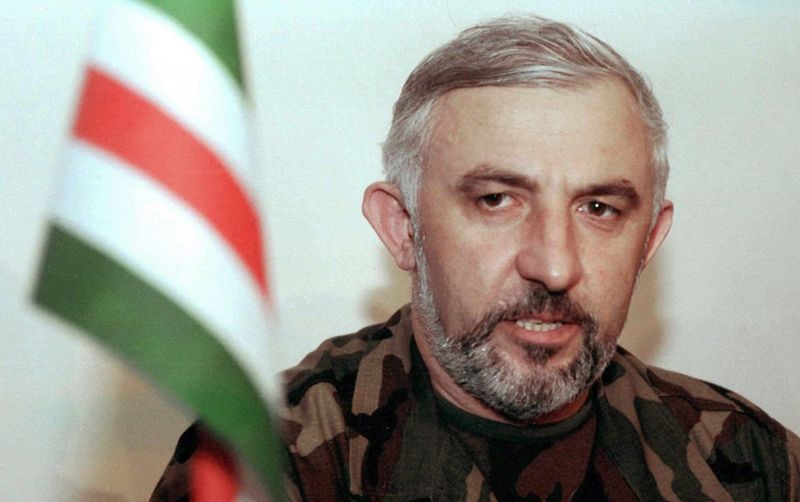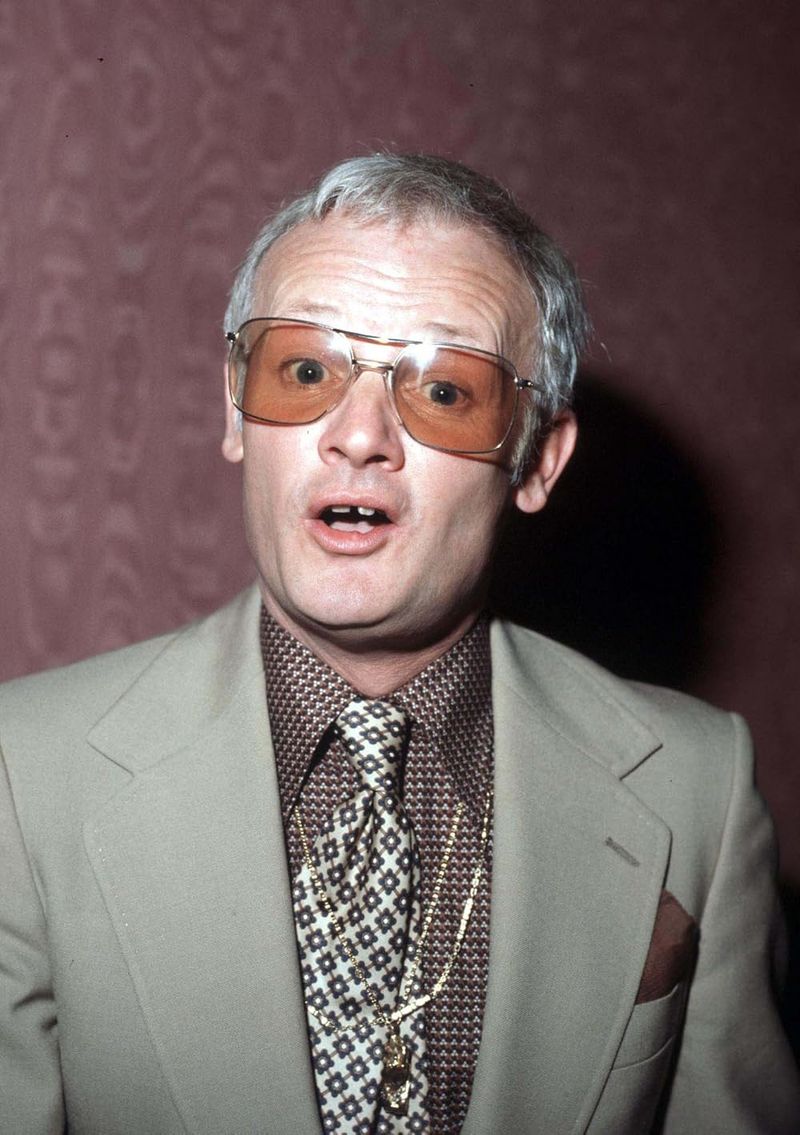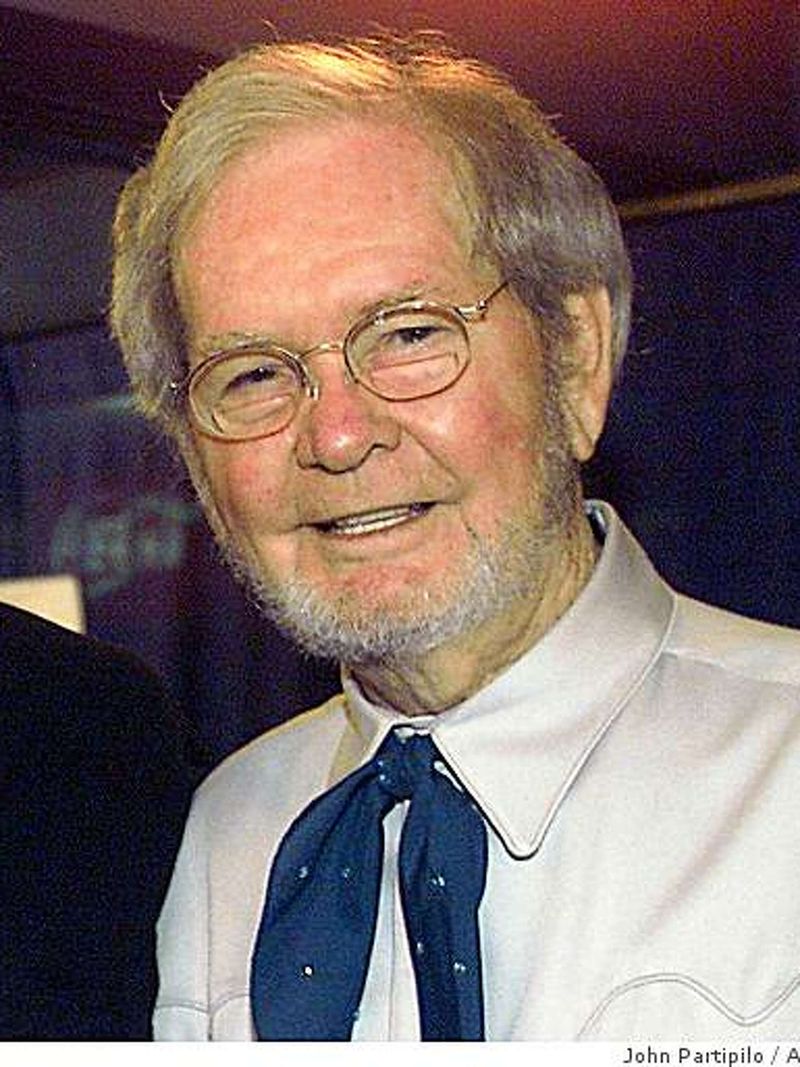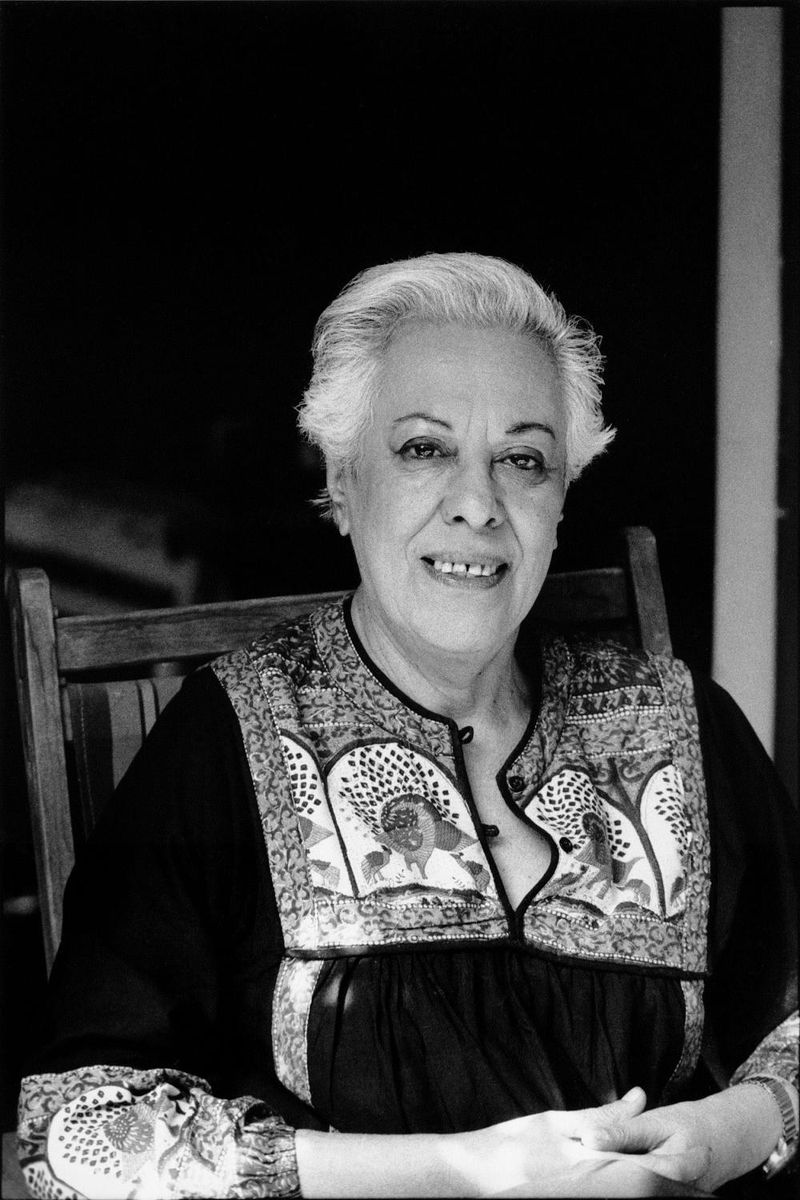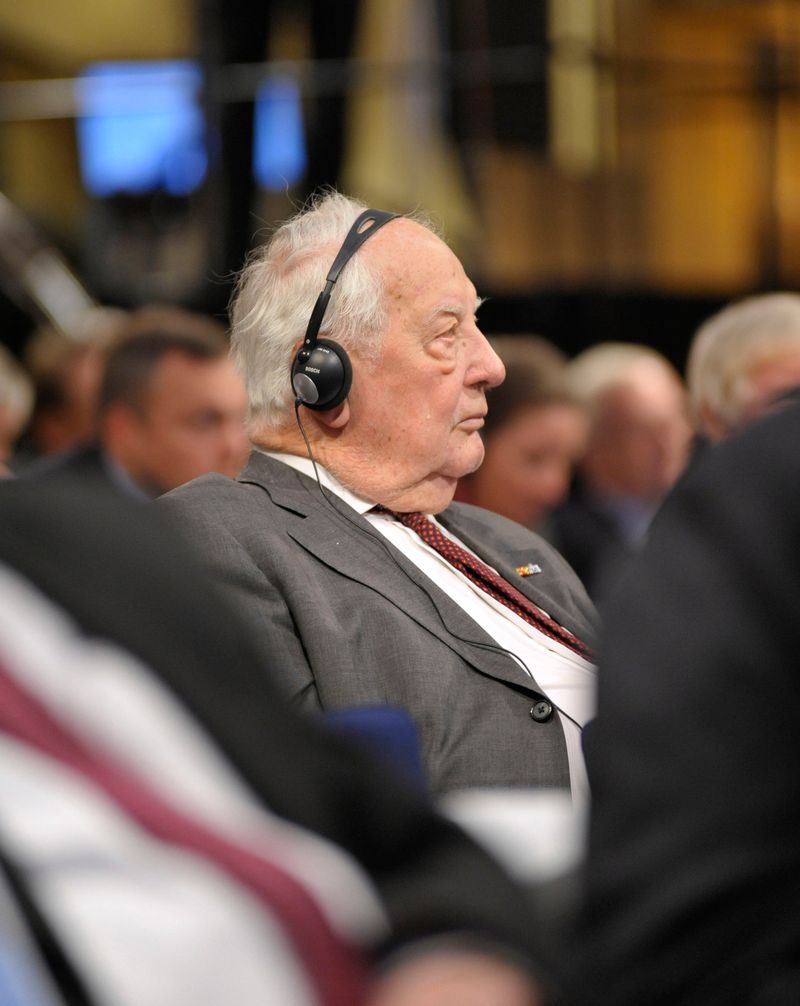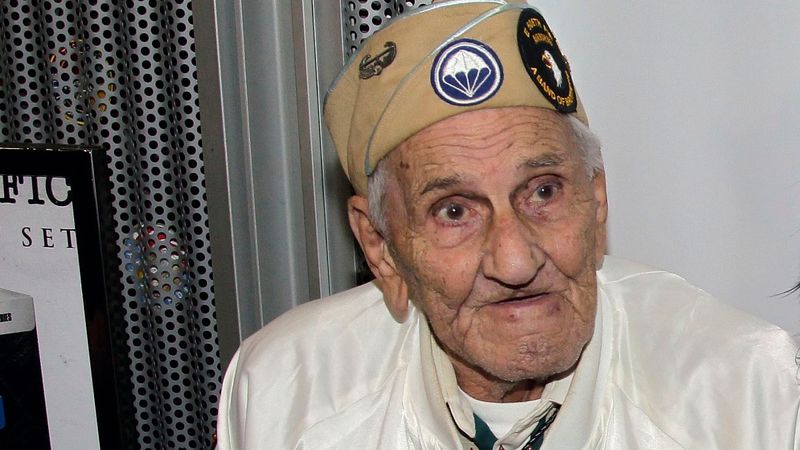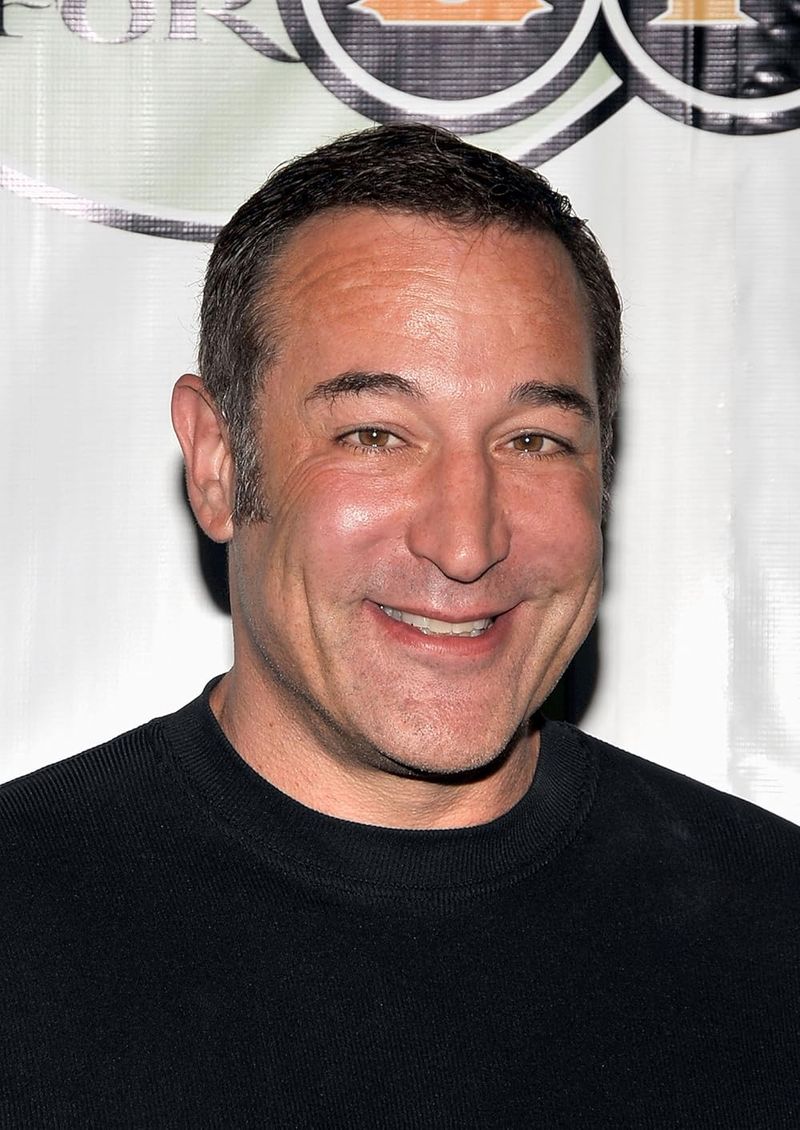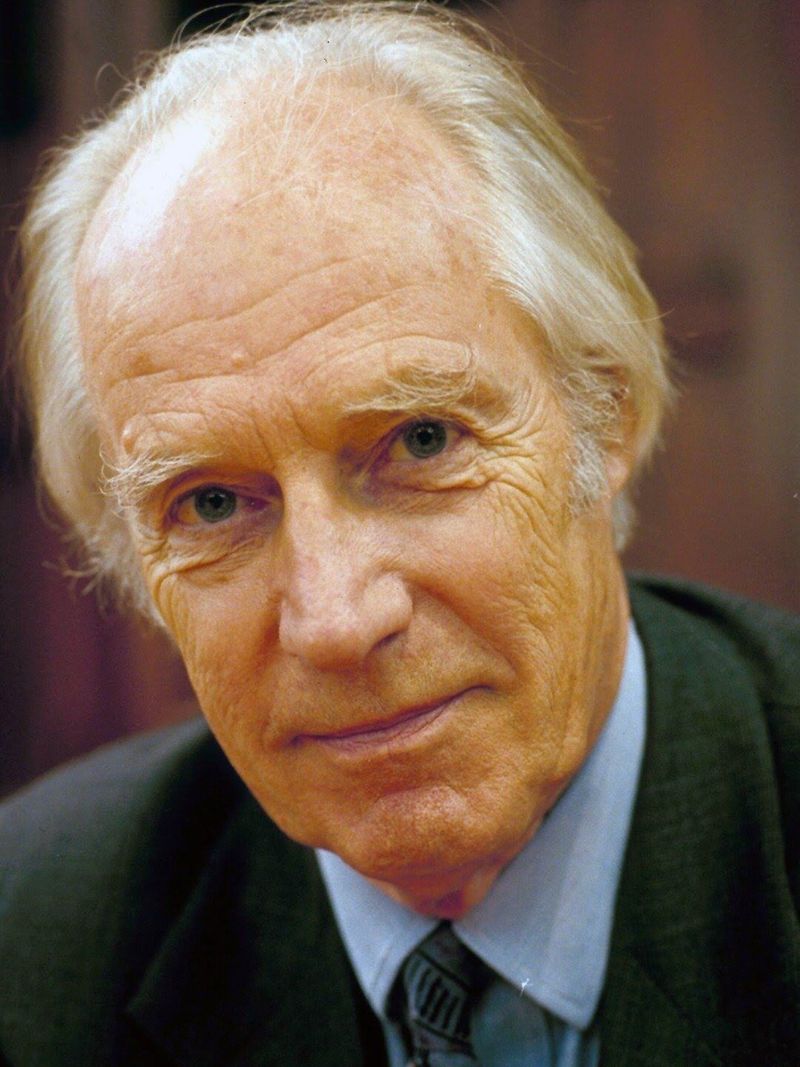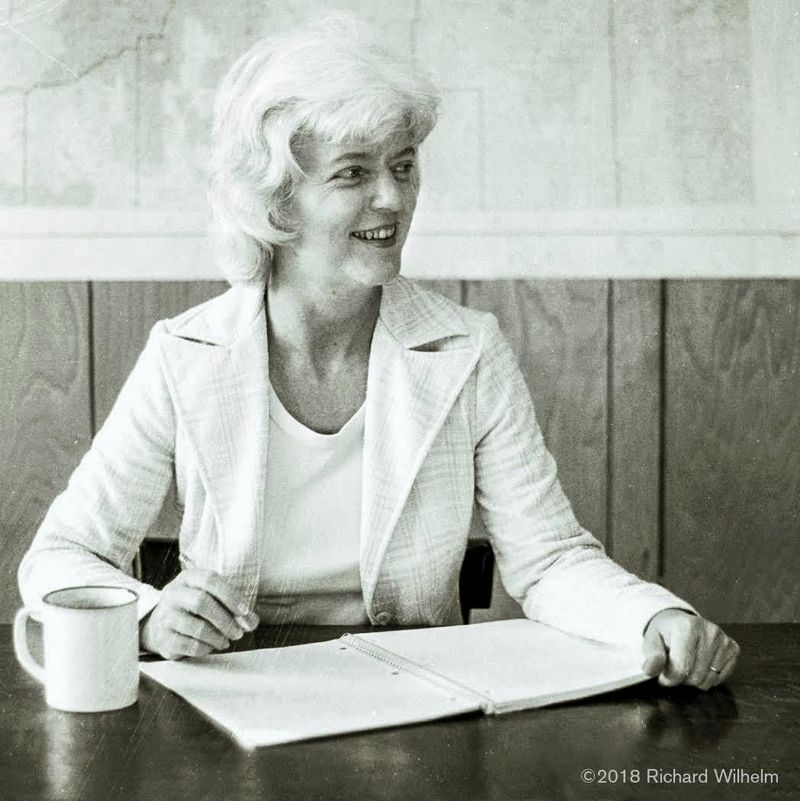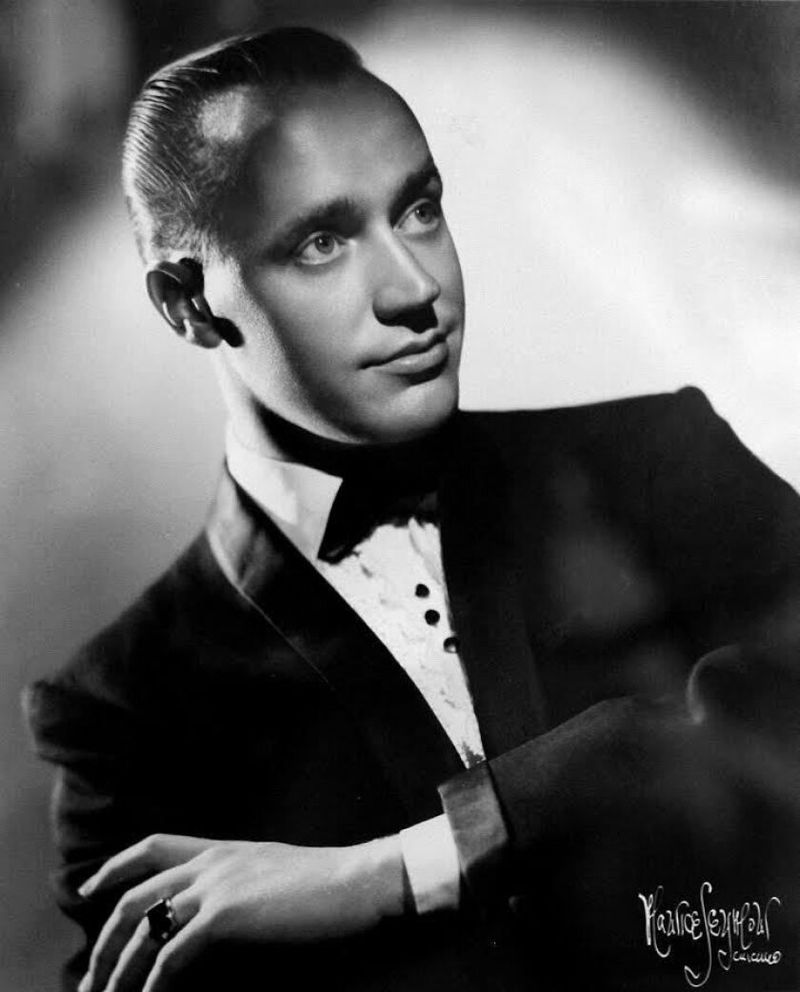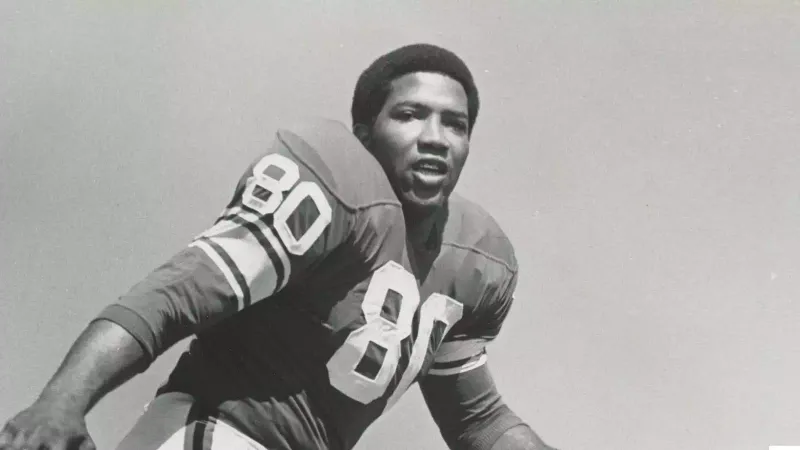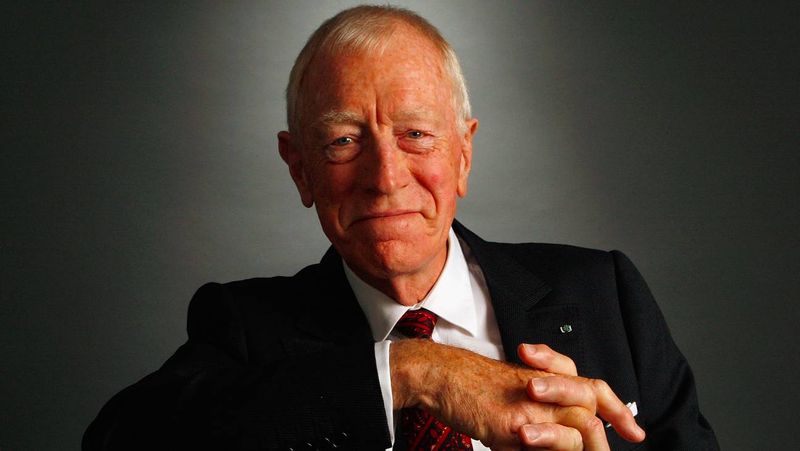March 8 marks a day of remembrance for numerous influential figures who have left an indelible mark on history. From towering world leaders to iconic entertainers, the legacies of these individuals continue to resonate across time.
This list commemorates 44 esteemed personalities, each having their unique contributions to their fields and to the world. Their diverse accomplishments span politics, science, arts, sports, and beyond, illustrating the multifaceted impact one can have.
Whether through groundbreaking achievements or inspiring stories, each person on this list has a story worth exploring and remembering.
1. Pope Celestine II, Pope, 1144
Pope Celestine II, who passed away in 1144, served as the head of the Catholic Church for a brief period. Known for his diplomatic skills, he played a key role in mediating disputes between various European states.
His papacy, though short, was marked by efforts to reform the Church and strengthen its spiritual authority. Little is known about his early life, but his contributions to the Church’s moral compass were significant.
Celestine’s legacy lies in his commitment to maintaining peace and religious integrity during tumultuous times.
2. Bayezid I, Ottoman Sultan, 1403
Bayezid I, also known as Bayezid the Thunderbolt, ruled the Ottoman Empire with vigor until 1403. His reign was characterized by rapid expansion and consolidation of power. Known for his swift military campaigns, Bayezid significantly extended Ottoman territories.
Despite his successes, he faced a fateful defeat against Timur, which led to his capture and eventual death. Bayezid’s legacy is marked by his ambition and military prowess. His story is a testament to the transient nature of power and the ever-changing dynamics of political landscapes.
3. Francesco I Sforza, Duke of Milan, 1466
Francesco I Sforza, who died in 1466, was a prominent Italian condottiero and the founder of the Sforza dynasty in Milan. His strategic marriages and military acumen helped him secure control over Milan, shaping it into a Renaissance powerhouse.
Sforza was known for his patronage of the arts and architecture, leaving a lasting cultural imprint. His leadership style balanced force with diplomacy, and he played a pivotal role in the politics of Northern Italy.
Francesco’s legacy endures in the cultural and political advancements spurred by his rule.
4. John of God, Portuguese friar and saint, 1550
John of God, who passed in 1550, dedicated his life to the service of the poor and sick, founding the Brothers Hospitallers. His compassion and dedication to humanitarian causes led to his canonization as a saint.
Known for his deep faith and humility, he inspired many to embrace charitable work. His legacy lives on through the continued work of the Brothers Hospitallers, an order committed to healthcare and hospitality.
John of God serves as a timeless symbol of selflessness and devotion to helping others in need.
5. William III of England, King of England, 1702
William III, who passed away in 1702, was a pivotal monarch in English history, known for his role in the Glorious Revolution. He co-reigned with his wife, Mary II, and their leadership brought about significant constitutional changes.
William’s reign saw the strengthening of parliamentary power and the establishment of a constitutional monarchy. His military leadership was notable, particularly his efforts against Louis XIV of France.
William’s legacy is defined by his contributions to modern democratic governance and his commitment to the Protestant cause in Europe.
6. Christopher Wren, English architect, 1723
Christopher Wren, who died in 1723, was a distinguished architect and a key figure in the reconstruction of London after the Great Fire of 1666. His work on St. Paul’s Cathedral remains a masterpiece of English Baroque architecture.
Wren’s innovative designs and engineering skills left a lasting impact on the architectural landscape of Britain. Beyond architecture, he contributed to mathematics and astronomy, showcasing his diverse talents.
Wren’s legacy endures through the buildings that define London’s skyline and his influence on generations of architects.
7. Charles XIV John of Sweden, King of Sweden and Norway, 1844
Charles XIV John, who passed in 1844, was a former French marshal who became king of Sweden and Norway. Originally Jean-Baptiste Bernadotte, he was elected to the Swedish throne and adopted the name Charles XIV John.
His reign focused on modernizing Sweden’s infrastructure and maintaining peace in the region. Despite his French origins, he earned the loyalty of his subjects through effective governance.
Charles XIV John’s legacy is marked by his successful transition from a military leader to a respected monarch, leaving a lasting impact on Scandinavian history.
8. Hector Berlioz, French composer, 1869
Hector Berlioz, who died in 1869, was a pioneering French composer known for his innovative orchestration and dramatic compositions. His works, such as “Symphonie Fantastique,” broke conventional musical boundaries and influenced future generations of composers.
Berlioz’s passionate and imaginative style often reflected his tumultuous personal life and unrequited loves. Despite facing criticism during his lifetime, his contributions to the Romantic movement are now celebrated.
Berlioz’s legacy endures in the emotional depth and complexity of his music, which continues to captivate audiences worldwide.
9. Millard Fillmore, 13th President of the United States, 1874
Millard Fillmore, who passed in 1874, served as the 13th President of the United States, ascending to the role after the death of Zachary Taylor.
His presidency was marked by the controversial Compromise of 1850, which aimed to address sectional tensions over slavery. Fillmore’s support for the Fugitive Slave Act drew criticism, impacting his political legacy.
Despite this, he is remembered for his efforts to maintain peace and union during a divisive era. Fillmore’s presidency offers a complex study of leadership during a critical period in American history.
10. Henry Ward Beecher, American minister and activist, 1887
Henry Ward Beecher, who died in 1887, was a prominent American minister known for his eloquent sermons and progressive views on social issues.
As a staunch abolitionist, he used his platform to advocate for the end of slavery and champion women’s suffrage. Beecher’s charismatic preaching style attracted large congregations, making him a significant voice in American religious life.
Despite facing a scandal later in life, his contributions to social reform are recognized. Beecher’s legacy is defined by his commitment to social justice and his influential role in the abolitionist movement.
11. John Ericsson, Swedish-American engineer, 1889
John Ericsson, who passed away in 1889, was a pioneering Swedish-American engineer and inventor. His most notable invention, the USS Monitor, played a crucial role during the American Civil War.
Ericsson’s innovative approach to naval engineering helped revolutionize ship design with his introduction of the screw propeller. Despite facing initial skepticism, his contributions to engineering were eventually recognized and celebrated.
Ericsson’s legacy is marked by his relentless pursuit of innovation and his impact on modern naval technology, which continues to influence maritime engineering today.
12. Ferdinand von Zeppelin, German general and aircraft manufacturer, 1917
Ferdinand von Zeppelin, who died in 1917, was a German general and aviation pioneer. He is best known for developing the Zeppelin airship, a revolutionary advancement in aviation technology.
Zeppelin’s airships became symbols of luxury travel and military innovation during the early 20th century. His relentless pursuit of improving airship design led to significant advancements in aerodynamics and materials.
Despite facing challenges and setbacks, Zeppelin’s contributions to aviation were groundbreaking. His legacy endures in the field of aviation, where his name remains synonymous with airship innovation.
13. Johannes Diderik van der Waals, Dutch physicist and Nobel laureate, 1923
Johannes Diderik van der Waals, who passed in 1923, was a renowned Dutch physicist and Nobel laureate. His research on the behavior of gases and liquids led to the formulation of the van der Waals equation, a fundamental concept in physical chemistry.
Van der Waals’ work provided critical insights into molecular interactions and phase transitions. Despite initial skepticism, his contributions were eventually recognized with the Nobel Prize in Physics.
Van der Waals’ legacy is marked by his profound impact on the field of thermodynamics, influencing scientists and researchers worldwide.
14. William Howard Taft, 27th President of the United States, 1930
William Howard Taft, who died in 1930, served as the 27th President of the United States and later as Chief Justice of the Supreme Court. His presidency was characterized by efforts to strengthen antitrust laws and improve civil service reforms.
Taft’s judicial temperament and dedication to the rule of law defined his leadership style. Although his presidency faced challenges, his contributions to the judiciary were significant.
Taft remains the only person to have held both the highest executive and judicial offices in the U.S., leaving a unique legacy in American history.
15. Edward Terry Sanford, Associate Justice of the U.S. Supreme Court, 1930
Edward Terry Sanford, who passed in 1930, served as an Associate Justice of the U.S. Supreme Court. Appointed by President Harding, Sanford contributed to several landmark decisions during his tenure.
His legal expertise and commitment to upholding the Constitution were evident in his judicial opinions. Sanford’s work on cases related to civil liberties and economic regulation helped shape American jurisprudence.
Despite his relatively short time on the Court, his impact was significant. Sanford’s legacy is defined by his dedication to justice and the principles of American democracy.
16. Howie Morenz, Canadian ice hockey player, 1937
Howie Morenz, who passed away in 1937, was a legendary Canadian ice hockey player, often referred to as the “Babe Ruth of hockey.” His exceptional speed and skill on the ice made him a dominant force in the NHL, particularly with the Montreal Canadiens.
Morenz won multiple Stanley Cups and was a three-time Hart Trophy winner. His untimely death at the age of 34 shocked the sports world and led to an emotional farewell from fans.
Morenz’s legacy endures in the annals of hockey history, symbolizing passion and excellence in the sport.
17. Sherwood Anderson, American novelist and short story writer, 1941
Sherwood Anderson, who died in 1941, was an influential American novelist and short story writer. His work, particularly “Winesburg, Ohio,” is celebrated for its exploration of small-town life and the human condition.
Anderson’s narrative style and focus on character development influenced numerous writers, including Ernest Hemingway and William Faulkner. Despite facing personal and professional challenges, his contributions to American literature are profound.
Anderson’s legacy lives on through his innovative storytelling and his impact on the modernist literary movement.
18. José Raúl Capablanca, Cuban chess player and world champion, 1942
José Raúl Capablanca, who passed in 1942, was a Cuban chess grandmaster and world champion. Known for his intuitive understanding of chess, Capablanca’s playing style was marked by simplicity and positional mastery.
His reign as world champion from 1921 to 1927 established him as one of the greatest chess players of all time. Capablanca’s contributions to chess theory and his influence on future generations of players are widely recognized.
His legacy endures in the chess community, where his strategies and games continue to be studied and admired.
19. Thomas Beecham, English conductor, 1961
Thomas Beecham, who died in 1961, was a renowned English conductor known for his charismatic leadership and musical versatility. He founded several orchestras, including the London Philharmonic, and was instrumental in popularizing classical music in Britain.
Beecham’s dynamic conducting style and passion for music made him a beloved figure among audiences and musicians alike. Despite facing criticism for his unconventional methods, his contributions to the music world are celebrated.
Beecham’s legacy is marked by his dedication to artistic excellence and his role in shaping the British classical music scene.
20. Harold Lloyd, American actor and comedian, 1971
Harold Lloyd, who passed away in 1971, was a pioneering American actor and comedian known for his daring stunts and comedic performances in silent films.
Lloyd’s iconic horn-rimmed glasses and fearless physical comedy made him a beloved figure in early cinema. His films, such as “Safety Last!,” showcased his talent for blending humor with suspenseful action sequences.
Despite transitioning to sound films with less success, Lloyd’s influence on comedy and film is undeniable. His legacy endures through his innovative approach to filmmaking and his timeless appeal to audiences.
21. Ron “Pigpen” McKernan, American musician (Grateful Dead), 1973
Ron “Pigpen” McKernan, who died in 1973, was a founding member of the iconic band Grateful Dead. Known for his soulful voice and bluesy keyboard playing, Pigpen was a vital part of the band’s early sound. His charismatic stage presence and musical talent endeared him to fans.
Despite health challenges that led to his untimely death, his influence on the band’s style and music is lasting. Pigpen’s legacy is remembered through the enduring popularity of the Grateful Dead and the timeless quality of their music.
22. George Stevens, American film director, 1975
George Stevens, who passed away in 1975, was a prominent American film director known for his work on classic films such as “Giant” and “A Place in the Sun.”
Stevens’ storytelling prowess and attention to detail earned him critical acclaim and several Academy Awards. His films often explored complex social themes, reflecting his commitment to artistic integrity and depth.
Stevens’ contributions to cinema have had a lasting impact, influencing directors and filmmakers worldwide. His legacy endures through his timeless films that continue to captivate audiences.
23. William Walton, English composer, 1983
William Walton, who died in 1983, was a celebrated English composer known for his orchestral works and film scores. His compositions, such as “Facade” and “Belshazzar’s Feast,” showcased his innovative use of rhythm and harmony.
Walton’s ability to blend traditional forms with modern elements made him a vital figure in 20th-century music. His collaborations with filmmakers and choreographers expanded his artistic reach.
Despite facing criticism from some quarters, Walton’s influence on contemporary classical music is profound. His legacy endures through his works, which continue to be performed and admired.
24. Billy Eckstine, American jazz singer and bandleader, 1993
Billy Eckstine, who passed in 1993, was an influential American jazz singer and bandleader, known for his rich baritone voice and sophisticated style. His band featured many future jazz legends, contributing to the evolution of bebop.
Eckstine’s smooth vocals and charismatic presence made him a popular figure in the jazz scene. Despite facing racial barriers, he achieved significant success, paving the way for future African American artists.
Eckstine’s legacy is celebrated for his contributions to jazz and his role in breaking down racial barriers in the music industry.
25. Jack Churchill, British Army officer, 1996
Jack Churchill, who died in 1996, was a legendary British Army officer known for his eccentric personality and bravery during World War II. Nicknamed “Mad Jack,” he famously carried a longbow, bagpipes, and a sword into battle.
Churchill’s daring exploits and leadership inspired his troops and earned him several military honors. His unconventional approach to warfare made him a legendary figure.
Despite the challenges of war, Churchill’s spirit and courage remain an enduring symbol of resilience. His legacy is celebrated for his unique contributions to military history and his fearless demeanor.
26. Ray Nitschke, American football player, 1998
Ray Nitschke, who passed in 1998, was a legendary American football player and a cornerstone of the Green Bay Packers’ defense during the 1960s. Known for his fierce tackling and leadership on the field, Nitschke played a vital role in the Packers’ dominance under coach Vince Lombardi.
His contributions to the team’s success earned him a place in the Pro Football Hall of Fame. Nitschke’s legacy is defined by his tenacity, sportsmanship, and passion for the game. He remains a beloved figure in football history, symbolizing grit and determination.
27. Adolfo Bioy Casares, Argentinian author, 1999
Adolfo Bioy Casares, who died in 1999, was a prominent Argentinian author known for his imaginative fiction and collaborations with Jorge Luis Borges. His works, such as “The Invention of Morel,” are celebrated for their exploration of reality and fantasy.
Casares’ narrative style and philosophical themes have influenced writers worldwide. Despite facing challenges in gaining international recognition, his contributions to literature are profound.
Casares’ legacy endures through his innovative storytelling and his role in shaping the Latin American literary tradition.
28. Peggy Cass, American actress and comedian, 1999
Peggy Cass, who passed away in 1999, was a talented American actress and comedian known for her quick wit and comedic timing. She gained fame for her role in “Auntie Mame,” which earned her a Tony Award.
Cass’s appearances on television game shows and talk shows showcased her humor and charm. Despite facing personal challenges, she remained a beloved figure in the entertainment industry.
Cass’s legacy is celebrated for her contributions to comedy and her ability to bring laughter to audiences worldwide.
29. Joe DiMaggio, American baseball player, 1999
Joe DiMaggio, who died in 1999, was an iconic American baseball player known for his legendary career with the New York Yankees. His 56-game hitting streak remains one of the most celebrated records in baseball history.
DiMaggio’s grace and skill on the field earned him numerous accolades and a place in the Baseball Hall of Fame. Despite facing personal challenges, his contributions to the sport are profound.
DiMaggio’s legacy endures as a symbol of excellence and professionalism in baseball, inspiring future generations of players.
30. Adam Faith, English singer and actor, 2003
Adam Faith, who passed away in 2003, was a celebrated English singer and actor known for his charismatic stage presence and distinctive voice. He became a teenage idol in the 1960s with hit songs like “What Do You Want?”
Faith’s transition to acting saw him star in popular television series and films. Despite facing challenges in his career, his influence on British pop culture is significant. Faith’s legacy is marked by his contributions to music and entertainment, leaving a lasting impact on the industry.
31. Karen Morley, American actress, 2003
Karen Morley, who died in 2003, was a prominent American actress known for her roles in classic films of the 1930s.
Her performances in “Scarface” and “Mata Hari” showcased her talent and versatility. Morley’s career faced challenges during the McCarthy era due to her political beliefs, affecting her opportunities in Hollywood.
Despite this, her contributions to cinema are recognized. Morley’s legacy is celebrated for her enduring performances and her resilience in the face of adversity, inspiring future generations of actors.
32. César Lattes, Brazilian physicist, 2005
César Lattes, who passed in 2005, was a renowned Brazilian physicist known for his pioneering work in particle physics. He played a crucial role in the discovery of the pi meson, a fundamental particle in nuclear physics.
Lattes’ contributions to the field earned him recognition as one of Brazil’s foremost scientists. Despite facing challenges in gaining international acknowledgment, his impact on physics is profound.
Lattes’ legacy endures through his groundbreaking research and his influence on scientific developments in particle physics.
33. Aslan Maskhadov, Chechen leader and politician, 2005
Aslan Maskhadov, who died in 2005, was a prominent Chechen leader and politician known for his role in the Chechen independence movement. Elected as the president of the Chechen Republic of Ichkeria, Maskhadov sought to achieve peace and autonomy for Chechnya.
His efforts were marked by complex negotiations and conflicts with Russian authorities. Despite his assassination, Maskhadov’s legacy is celebrated for his dedication to his people’s cause.
He remains a symbol of resilience and determination in the struggle for Chechen independence.
34. John Inman, English actor, 2007
John Inman, who passed away in 2007, was a beloved English actor best known for his role as Mr. Humphries in the British sitcom “Are You Being Served?” His comedic timing and flamboyant character made him a household name.
Inman’s performances brought laughter to audiences and showcased his versatility as a performer. Despite facing typecasting challenges, his contributions to comedy are celebrated.
Inman’s legacy endures through his memorable roles and his impact on British television comedy, inspiring future generations of comedians.
35. Hank Locklin, American country singer-songwriter, 2009
Hank Locklin, who died in 2009, was a pioneering American country singer-songwriter known for his rich voice and heartfelt lyrics. His hit song “Please Help Me, I’m Falling” became a country music standard.
Locklin’s contributions to the genre earned him a place in the Grand Ole Opry and recognition as a country music legend. Despite facing changes in the music industry, his influence remains strong.
Locklin’s legacy is marked by his timeless music and his impact on the evolution of country music, inspiring future artists.
36. Simin Daneshvar, Iranian author and academic, 2012
Simin Daneshvar, who passed in 2012, was a pioneering Iranian author and academic known for her contributions to Persian literature. Her novel “Savushun” is celebrated for its portrayal of Iranian society and its exploration of cultural themes.
Daneshvar’s work as a translator and professor further enriched Persian literature. Despite facing challenges as a female writer in Iran, her influence is profound.
Daneshvar’s legacy endures through her literary achievements and her role in paving the way for future generations of Iranian writers.
37. Ewald-Heinrich von Kleist-Schmenzin, German publisher and resistance fighter, 2013
Ewald-Heinrich von Kleist-Schmenzin, who died in 2013, was a courageous German publisher and resistance fighter against the Nazi regime. He is known for his involvement in the July 20 plot to assassinate Adolf Hitler.
Despite the plot’s failure, his bravery and commitment to justice are celebrated. Von Kleist’s post-war efforts as a publisher helped promote peace and democracy in Germany.
His legacy is marked by his resistance against tyranny and his contributions to rebuilding a free and democratic Germany, inspiring future generations.
38. William Guarnere, American World War II veteran, 2014
William Guarnere, who passed away in 2014, was a distinguished American World War II veteran known for his bravery as a member of Easy Company, 506th Parachute Infantry Regiment.
His wartime experiences were chronicled in the book and miniseries “Band of Brothers.” Guarnere’s courage and dedication to his comrades made him a legendary figure in military history.
Despite facing injuries and challenges, his contributions to the war effort are celebrated. Guarnere’s legacy endures through his story, which continues to inspire and educate future generations about the sacrifices of soldiers.
39. Sam Simon, American director, producer, and screenwriter, 2015
Sam Simon, who died in 2015, was a renowned American director, producer, and screenwriter best known for co-creating “The Simpsons.” His work on the show helped shape its iconic humor and cultural impact.
Simon’s contributions to television extended beyond “The Simpsons,” with successful ventures in other series and charitable work. Despite facing health challenges, his influence on the entertainment industry is profound.
Simon’s legacy is celebrated for his creativity, philanthropy, and his role in revolutionizing animated television, inspiring countless creators.
40. George Martin, English record producer (often called the “Fifth Beatle”), 2016
George Martin, who passed in 2016, was a legendary English record producer often referred to as the “Fifth Beatle.” His collaboration with The Beatles was pivotal in their musical development, helping to craft their innovative sound.
Martin’s expertise in orchestration and production played a crucial role in the band’s success. Despite facing initial skepticism, his contributions to music are celebrated.
Martin’s legacy endures through his influence on the music industry and his role in shaping the sound of one of the most iconic bands in history.
41. Kate Wilhelm, American author, 2018
Kate Wilhelm, who died in 2018, was a celebrated American author known for her contributions to science fiction and mystery genres. Her works, such as “Where Late the Sweet Birds Sang,” explored complex themes and imaginative narratives.
Wilhelm’s writing style and storytelling prowess earned her numerous awards and a dedicated readership. Despite facing challenges in the publishing industry, her influence on speculative fiction is significant.
Wilhelm’s legacy endures through her innovative storytelling and her impact on the literary world, inspiring future generations of writers.
42. Marshall Brodien, American actor and magician, 2019
Marshall Brodien, who passed away in 2019, was a beloved American actor and magician best known for his role as “Wizzo the Wizard” on “The Bozo Show.” His charismatic performances and magical talents endeared him to audiences of all ages.
Brodien’s contributions to the world of magic extended beyond television, with successful magic kits and instructional materials. Despite facing health challenges later in life, his influence on magic and entertainment is profound.
Brodien’s legacy is celebrated for his dedication to spreading joy and wonder through magic.
43. Cedrick Hardman, American football player and actor, 2019
Cedrick Hardman, who died in 2019, was a talented American football player known for his defensive prowess in the NFL. Playing primarily for the San Francisco 49ers, Hardman became a standout defensive end, earning multiple Pro Bowl selections.
After retiring from football, he pursued a career in acting, showcasing his versatility and talent. Despite facing challenges in both careers, his contributions to sports and entertainment are recognized.
Hardman’s legacy endures through his achievements on the field and his impact on the game and beyond.
44. Max von Sydow, Swedish actor, 2020
Max von Sydow, who passed in 2020, was a legendary Swedish actor known for his versatile performances in film and theater. His collaborations with director Ingmar Bergman, particularly in “The Seventh Seal,” showcased his dramatic range and depth.
Von Sydow’s international career included roles in Hollywood films, such as “The Exorcist” and “Star Wars.” Despite facing challenges in his career, his contributions to cinema are significant.
Von Sydow’s legacy endures through his memorable performances and his impact on the art of acting, inspiring future generations.
